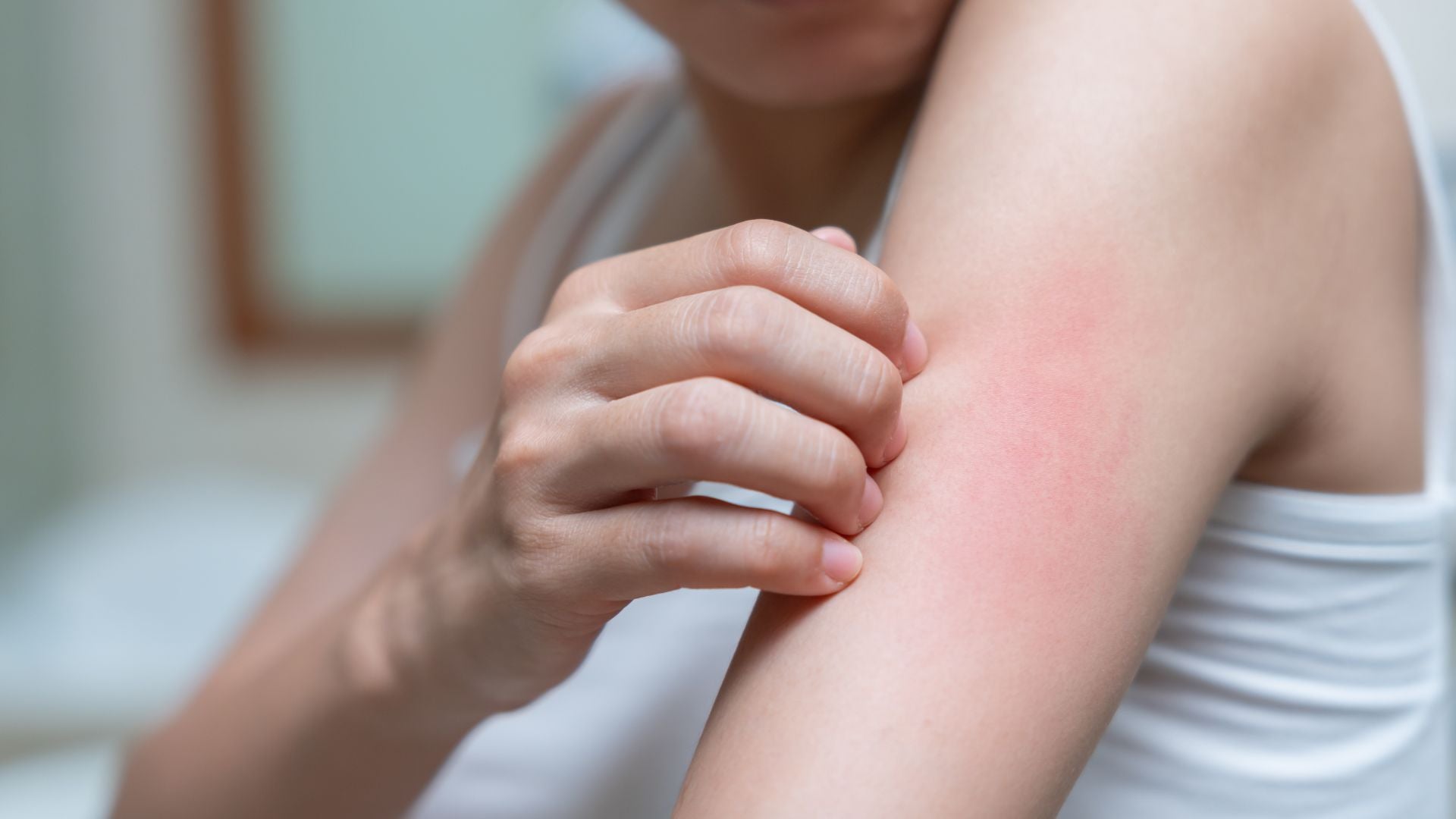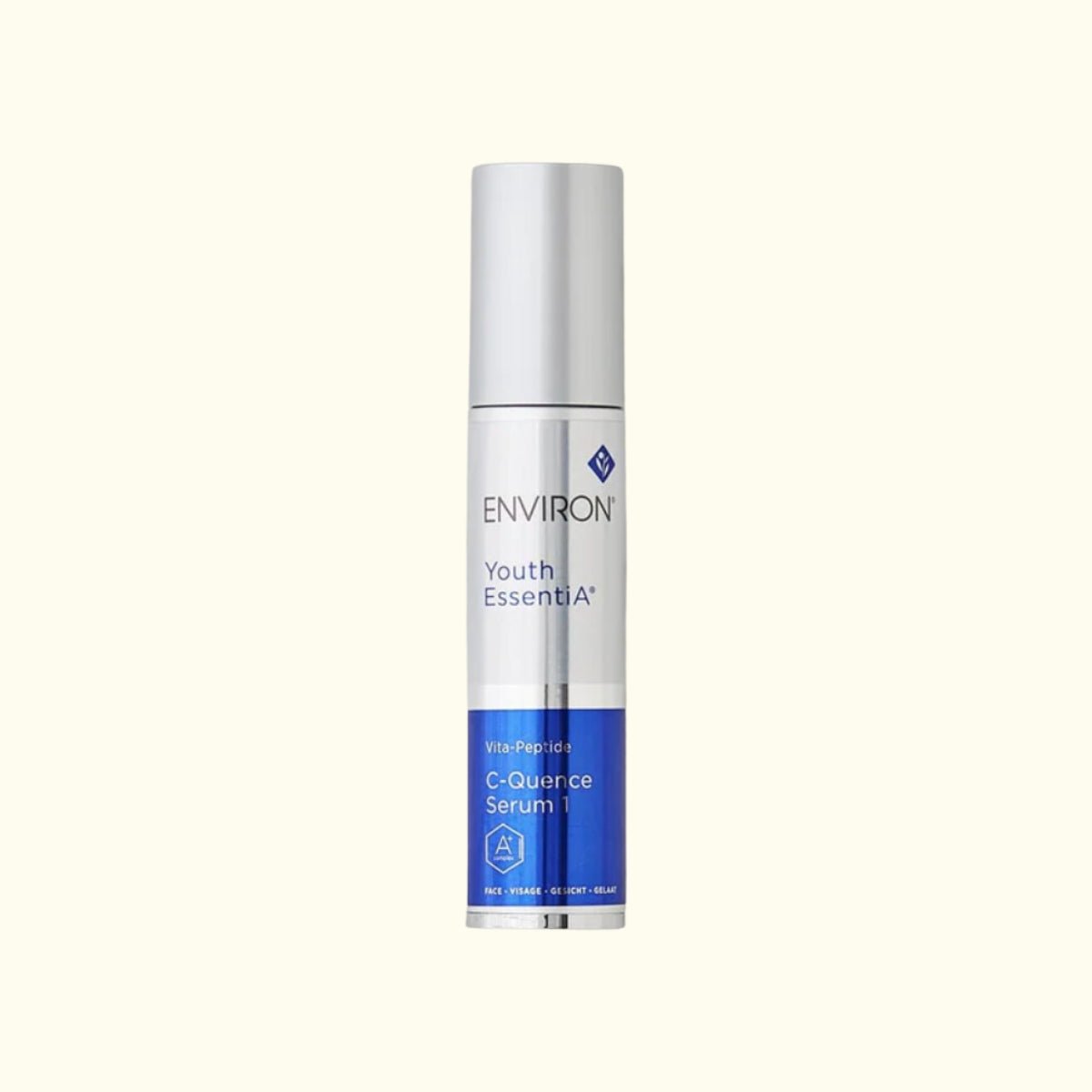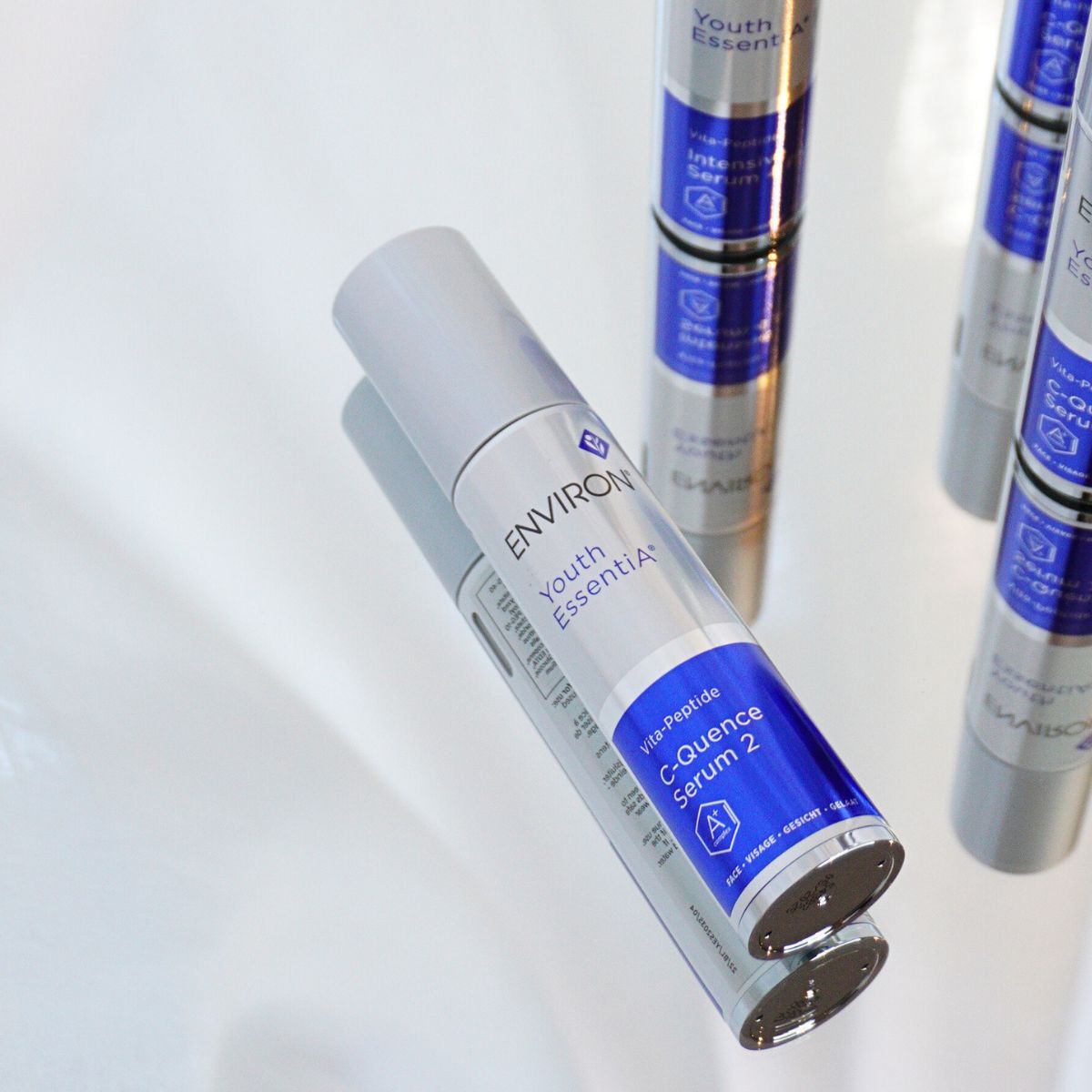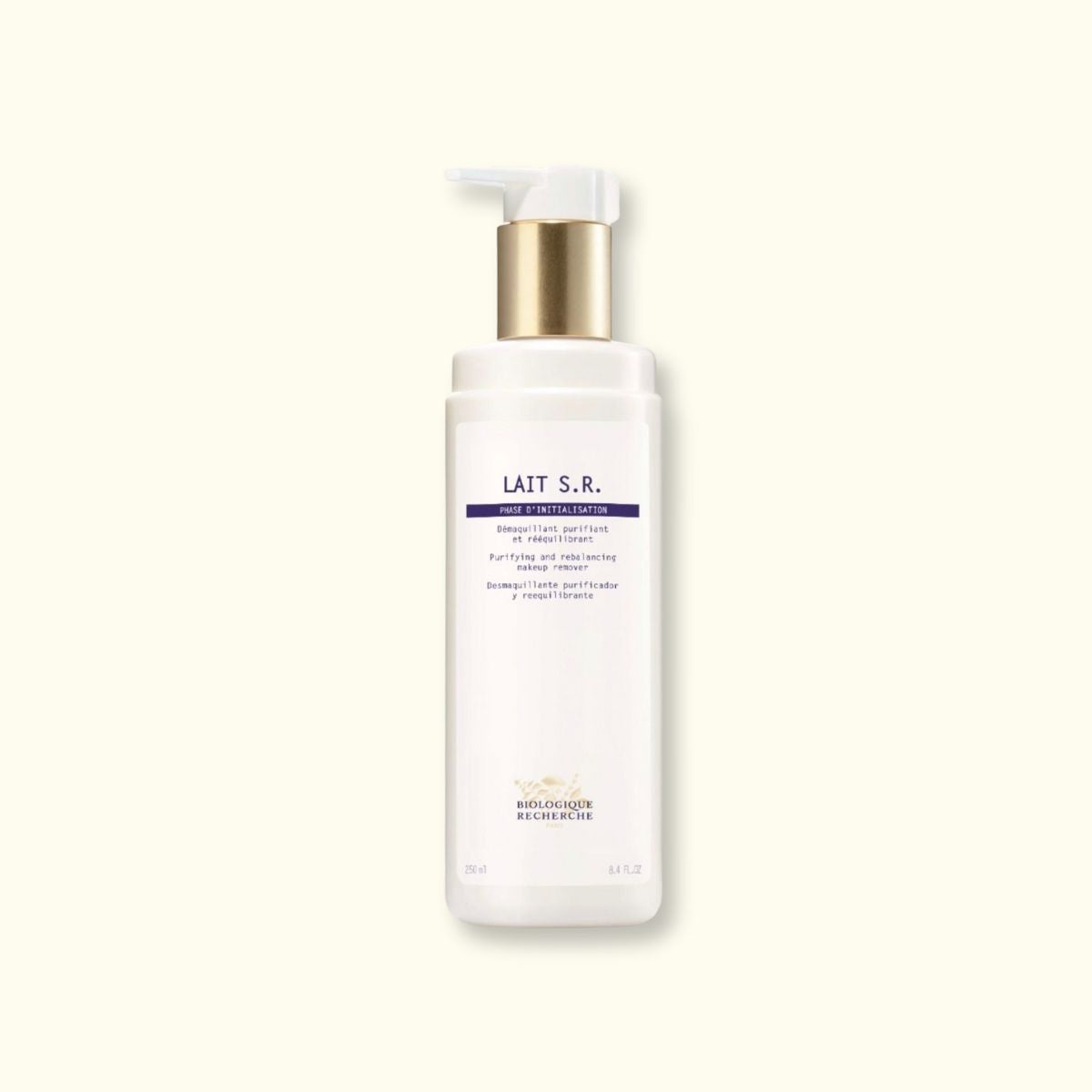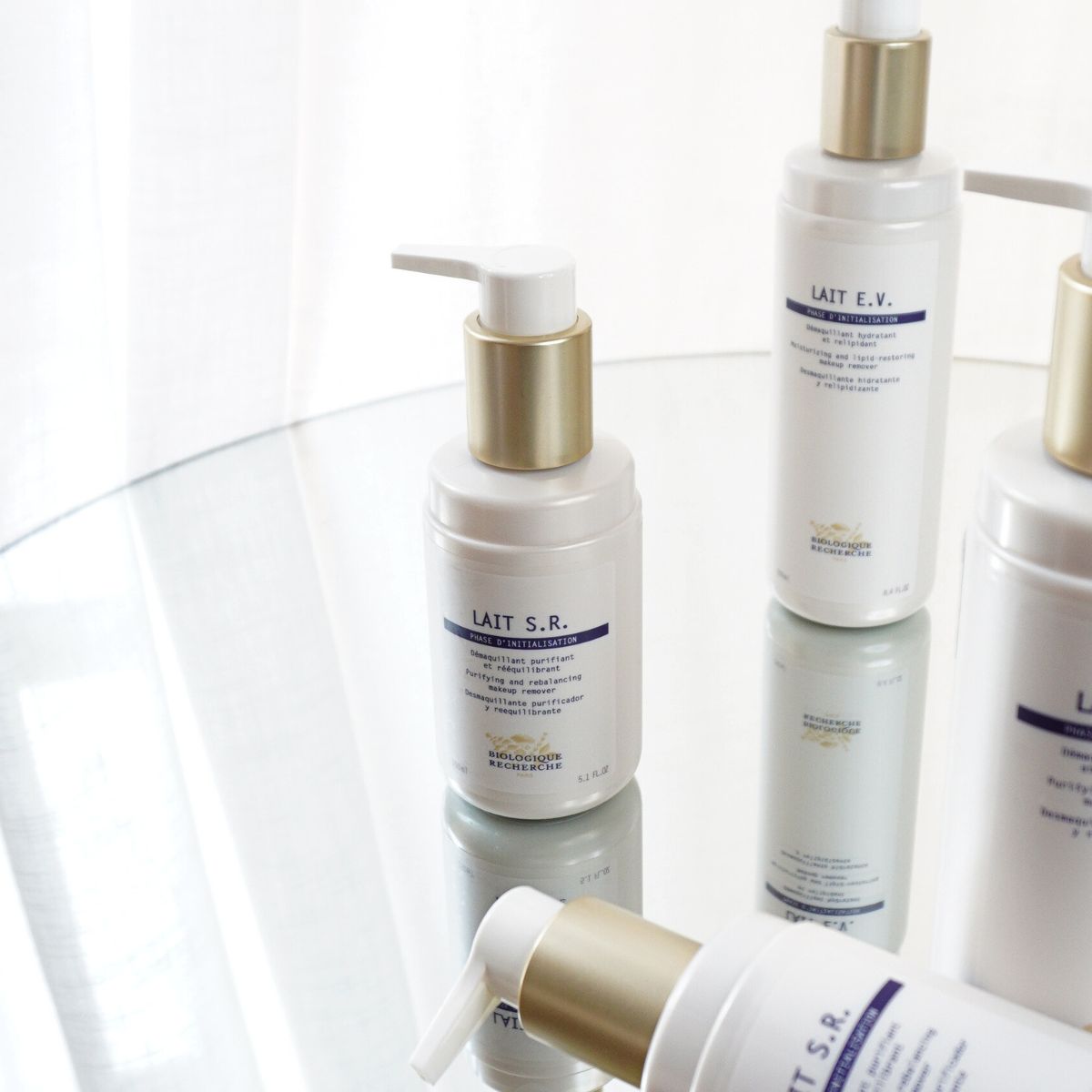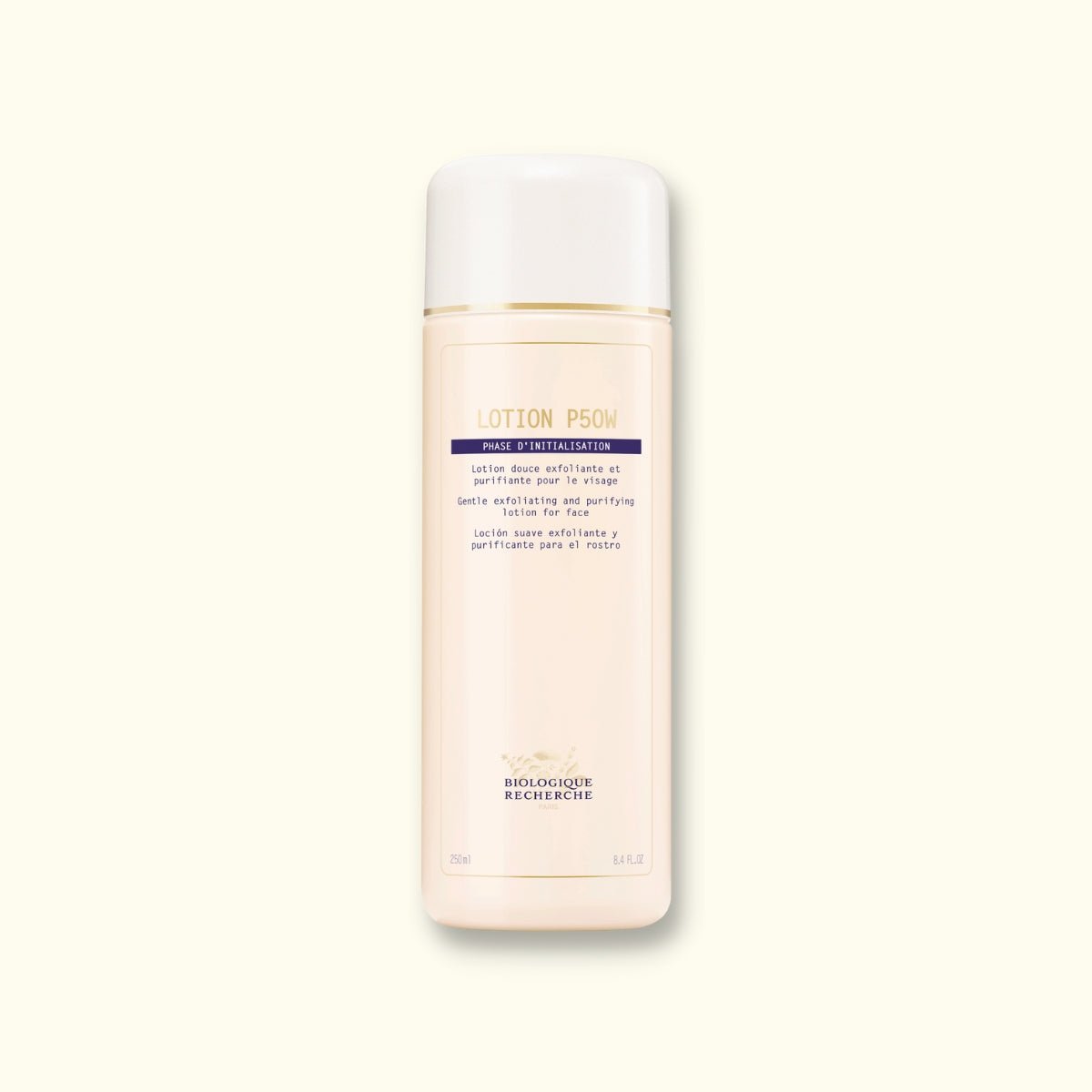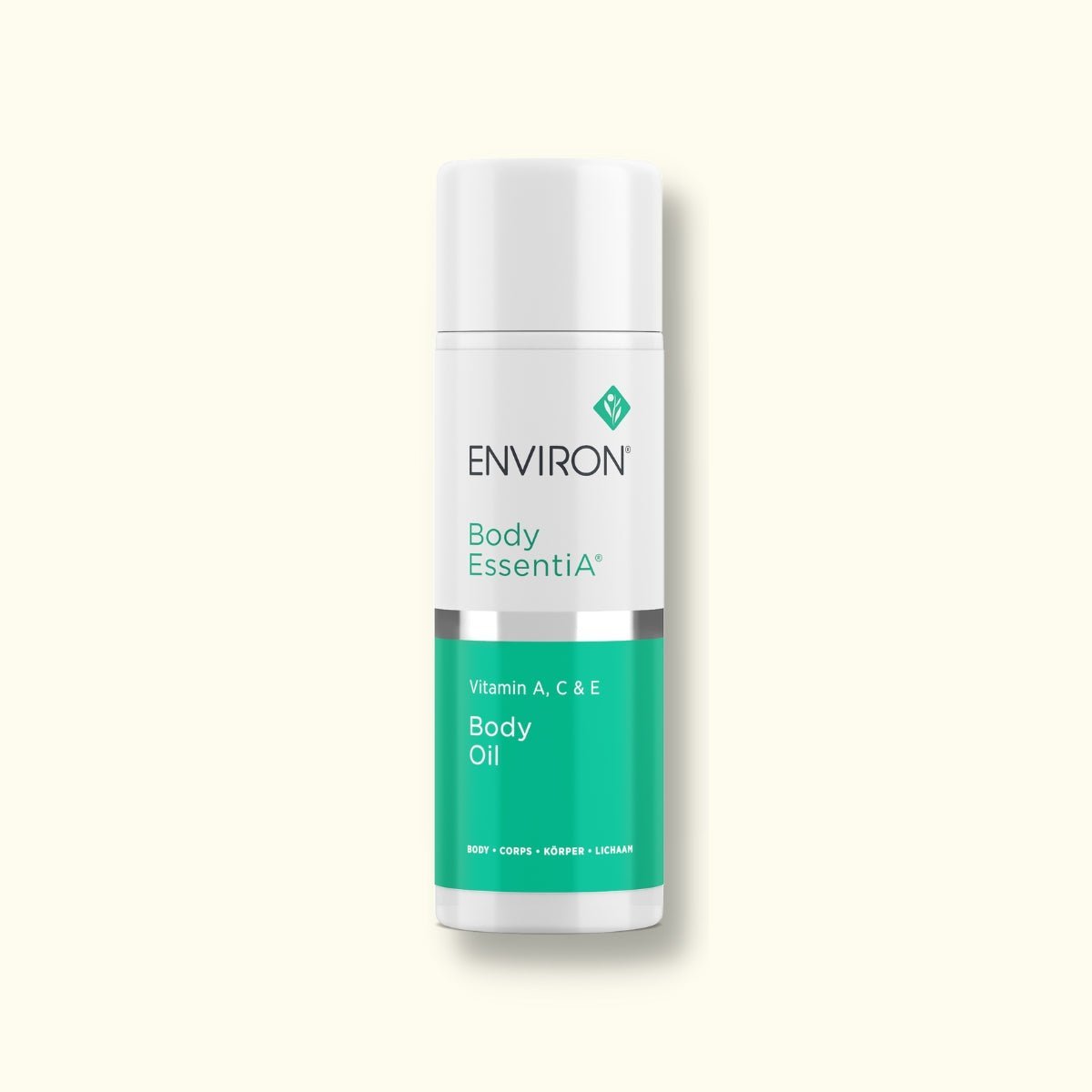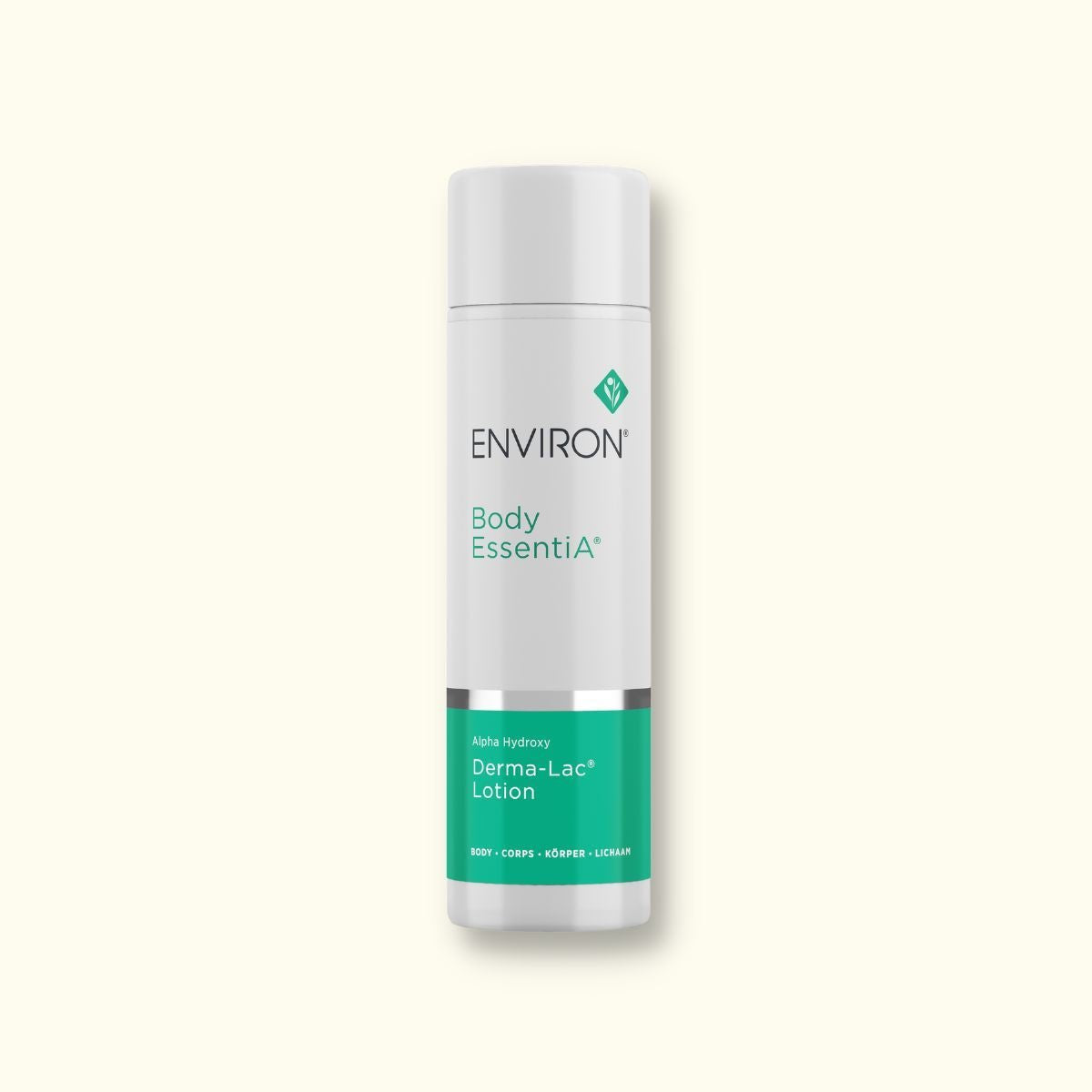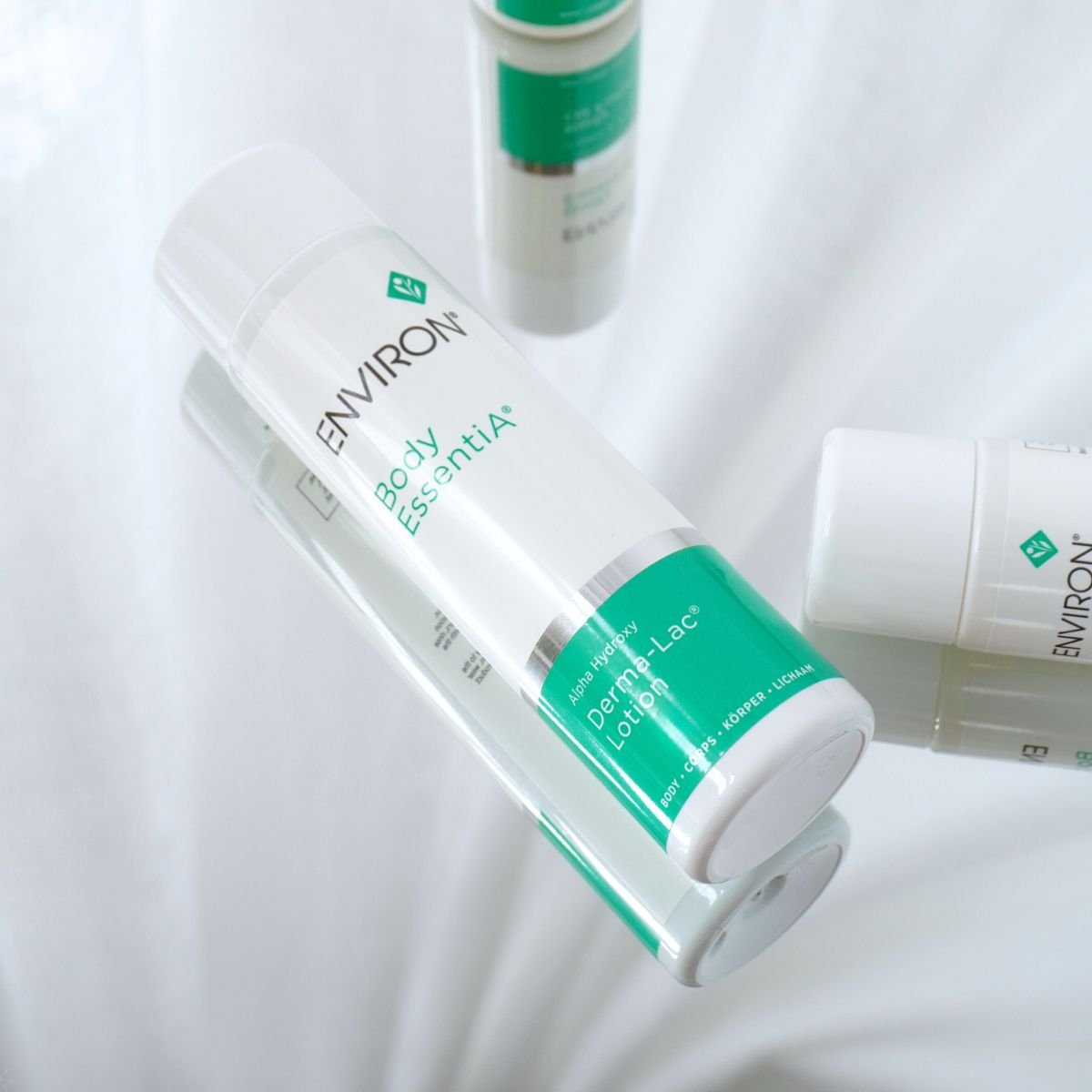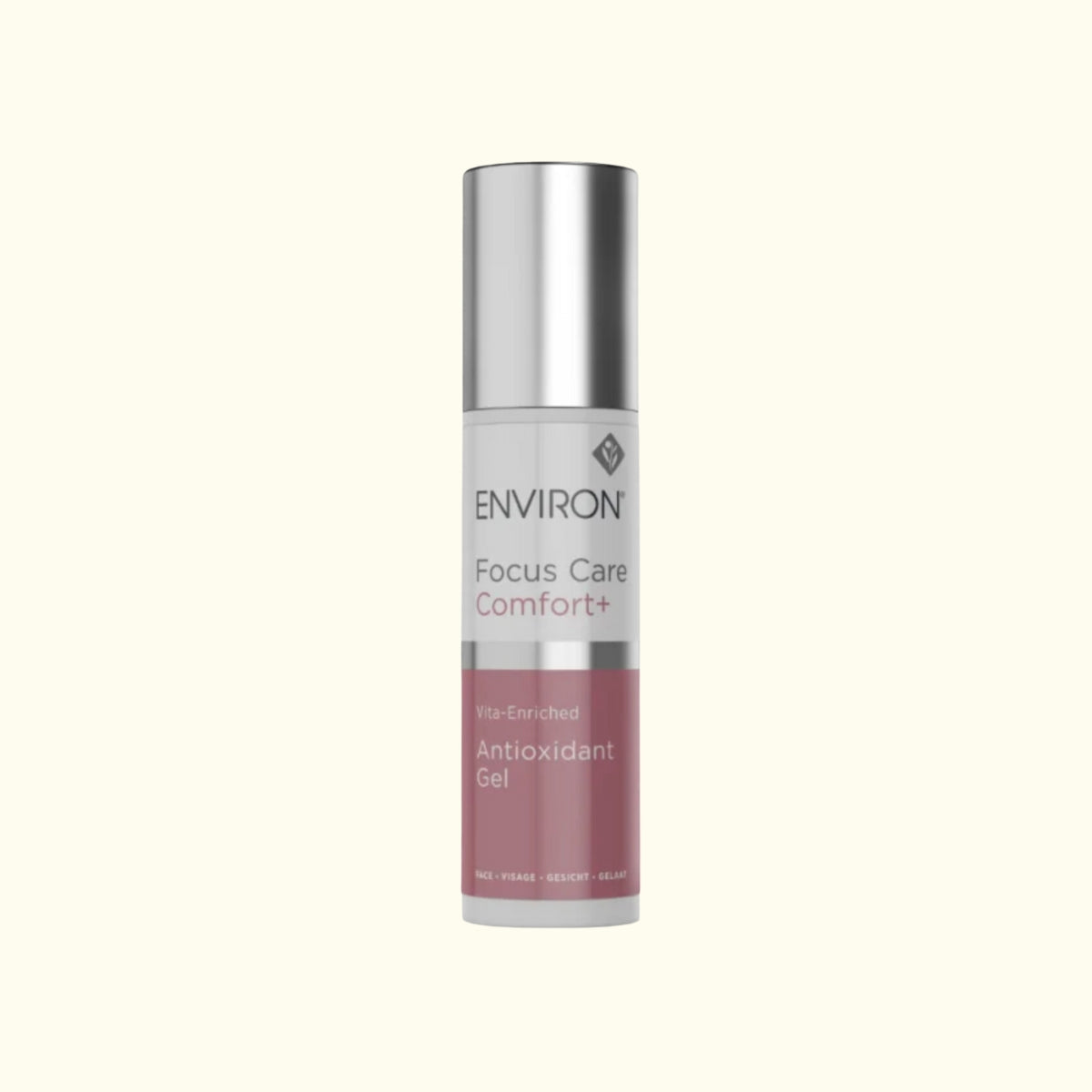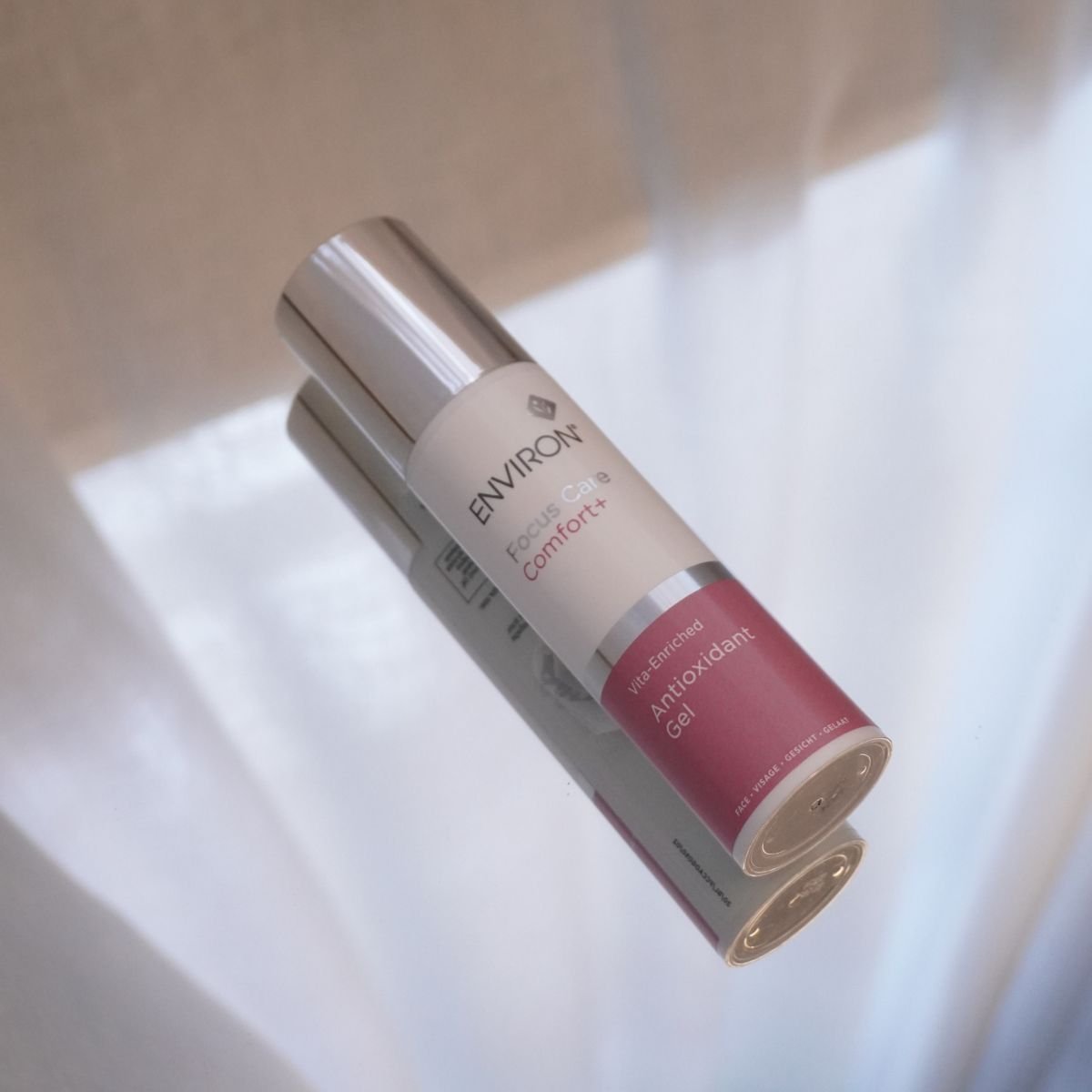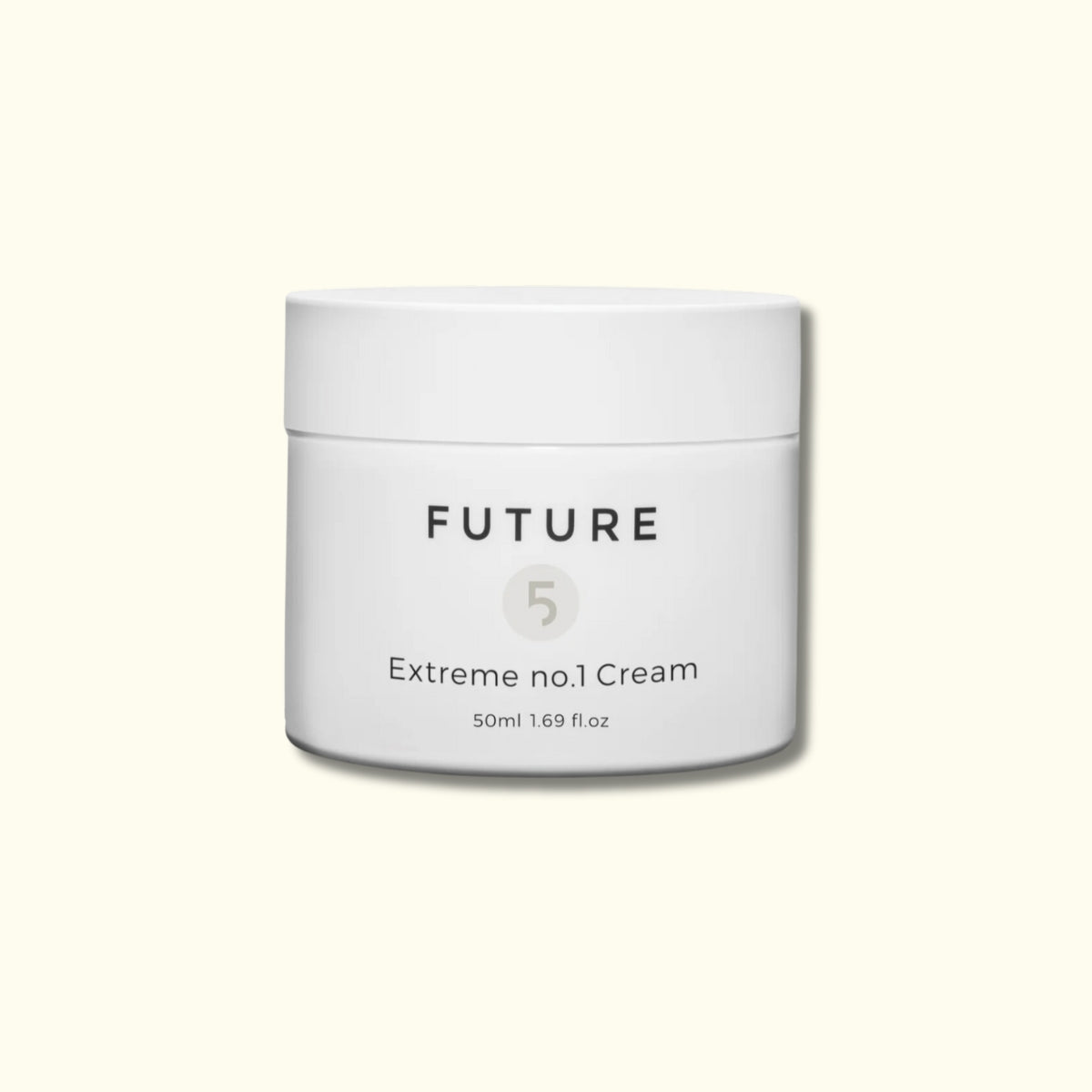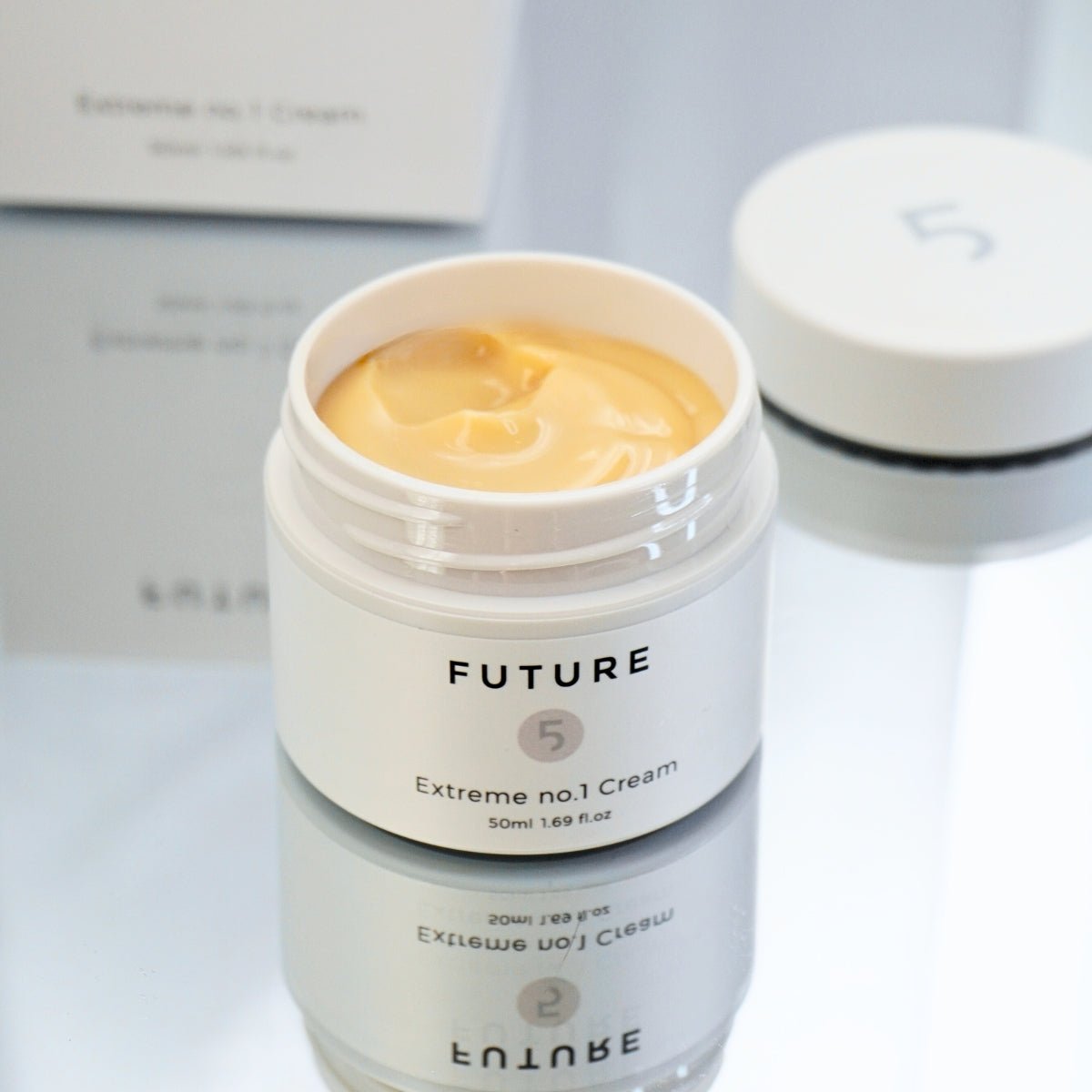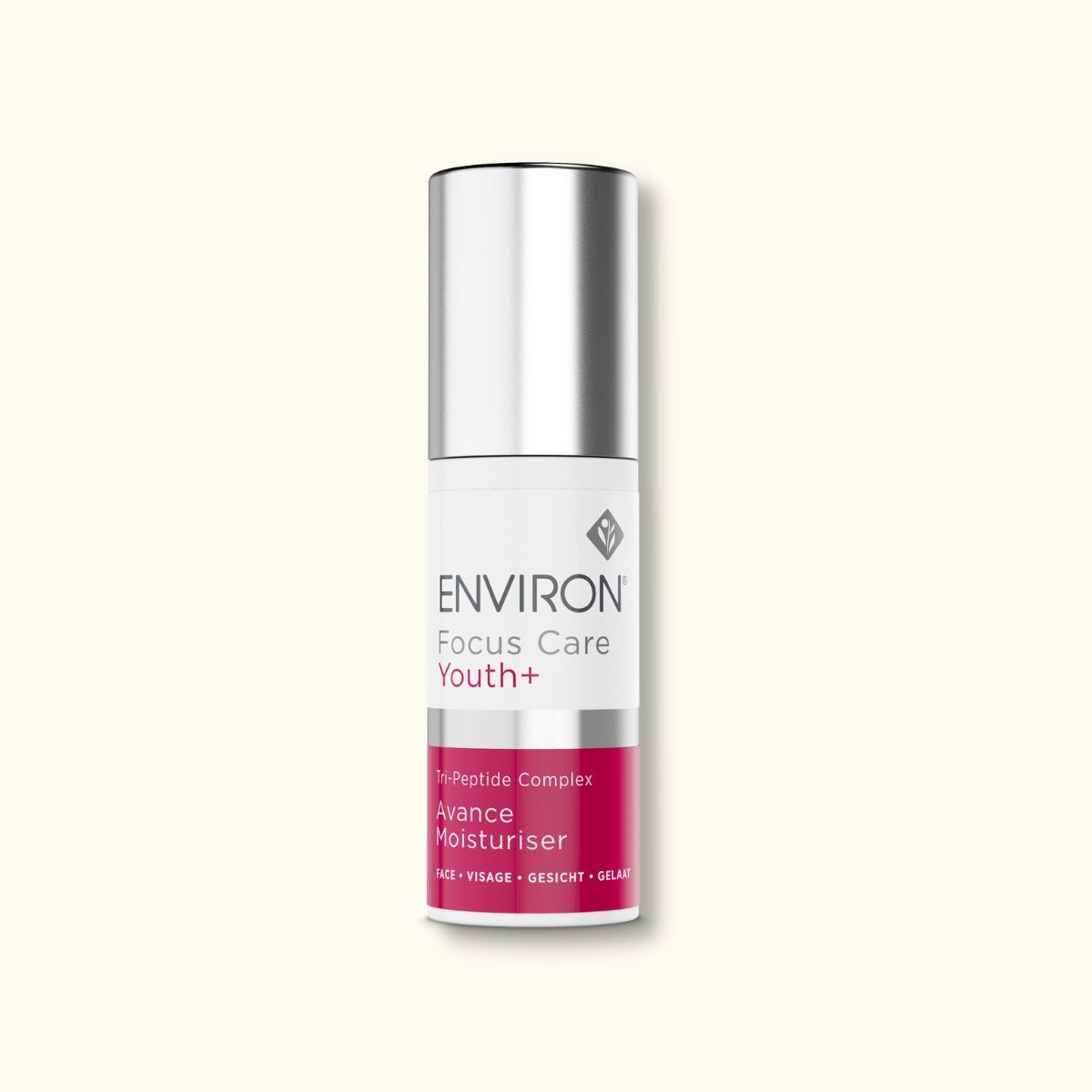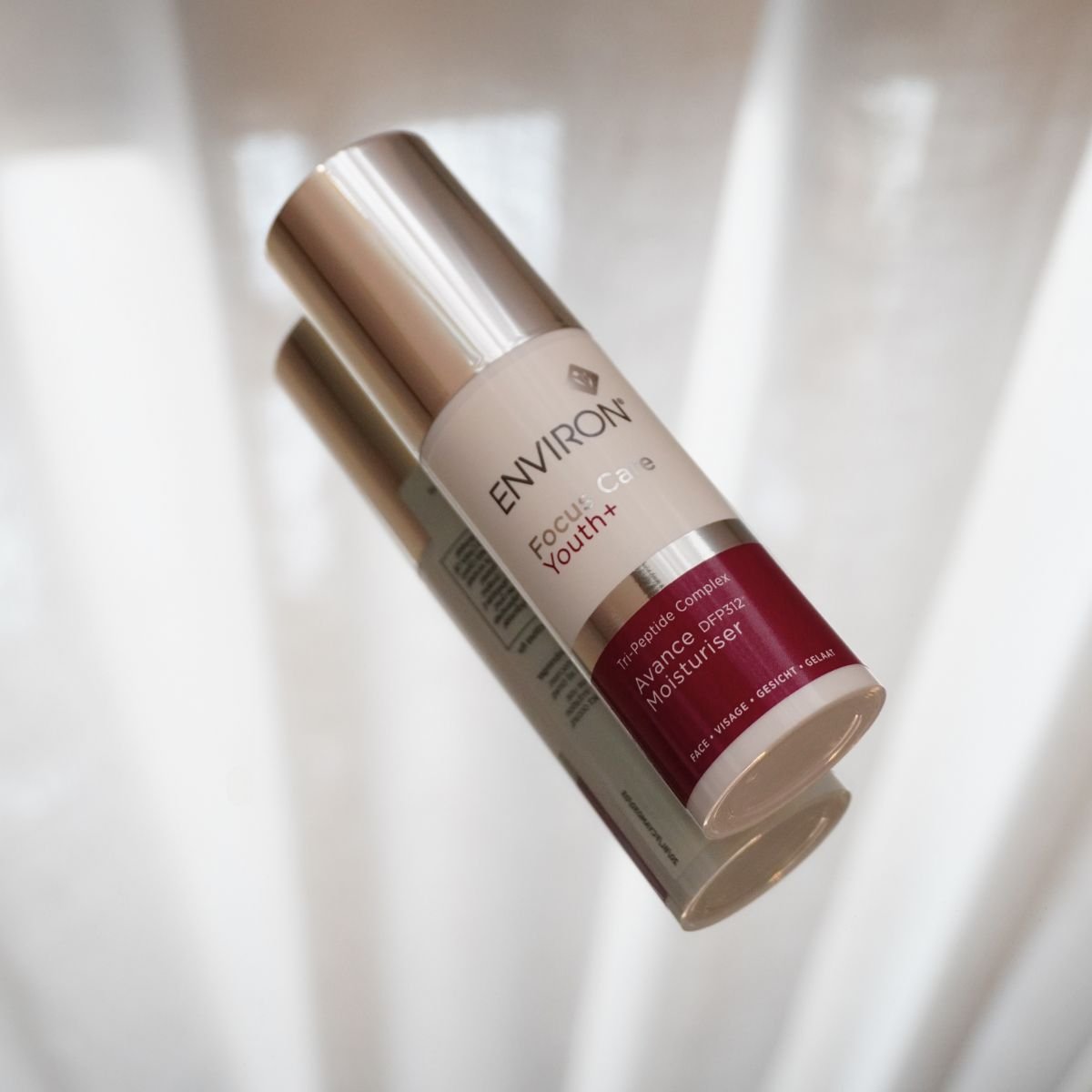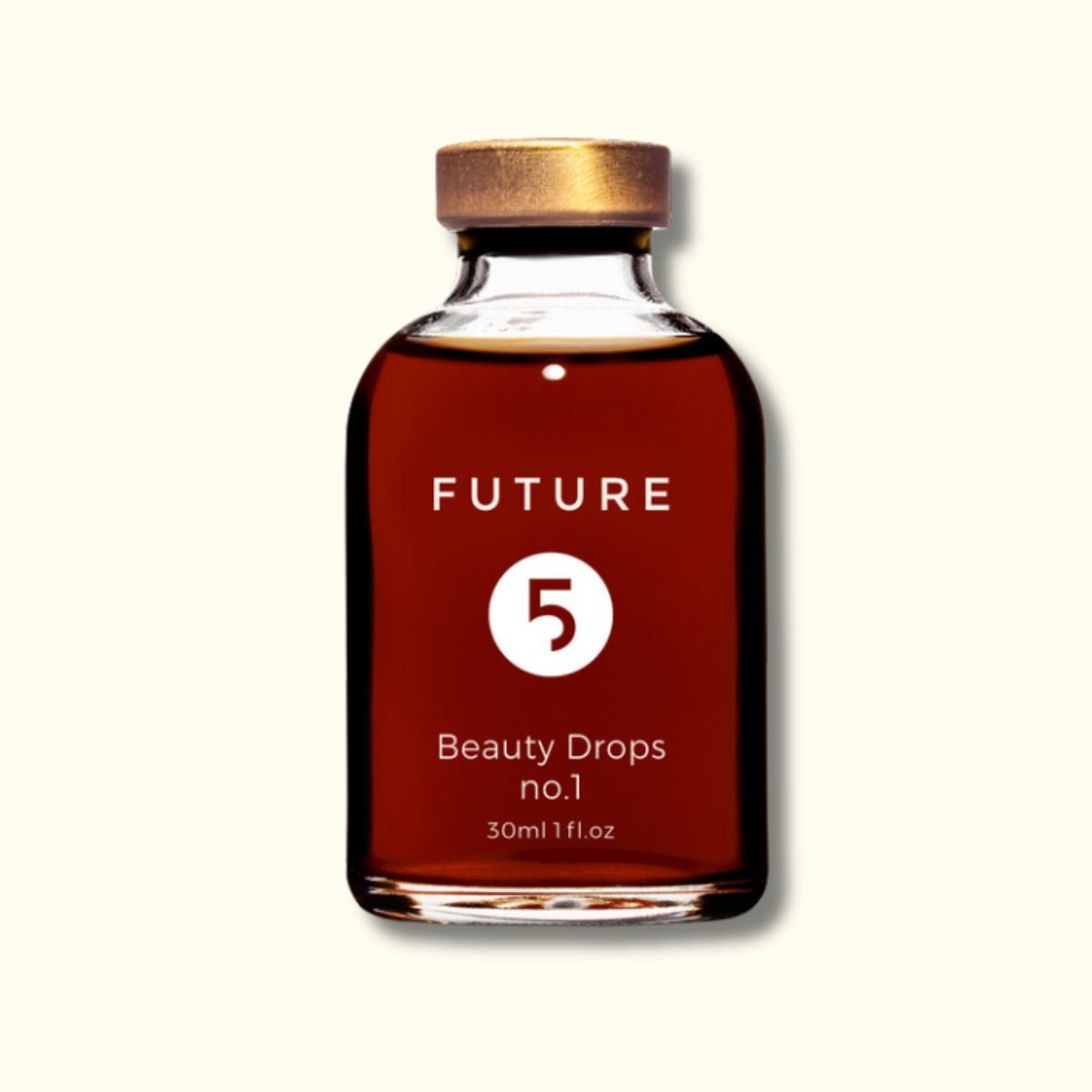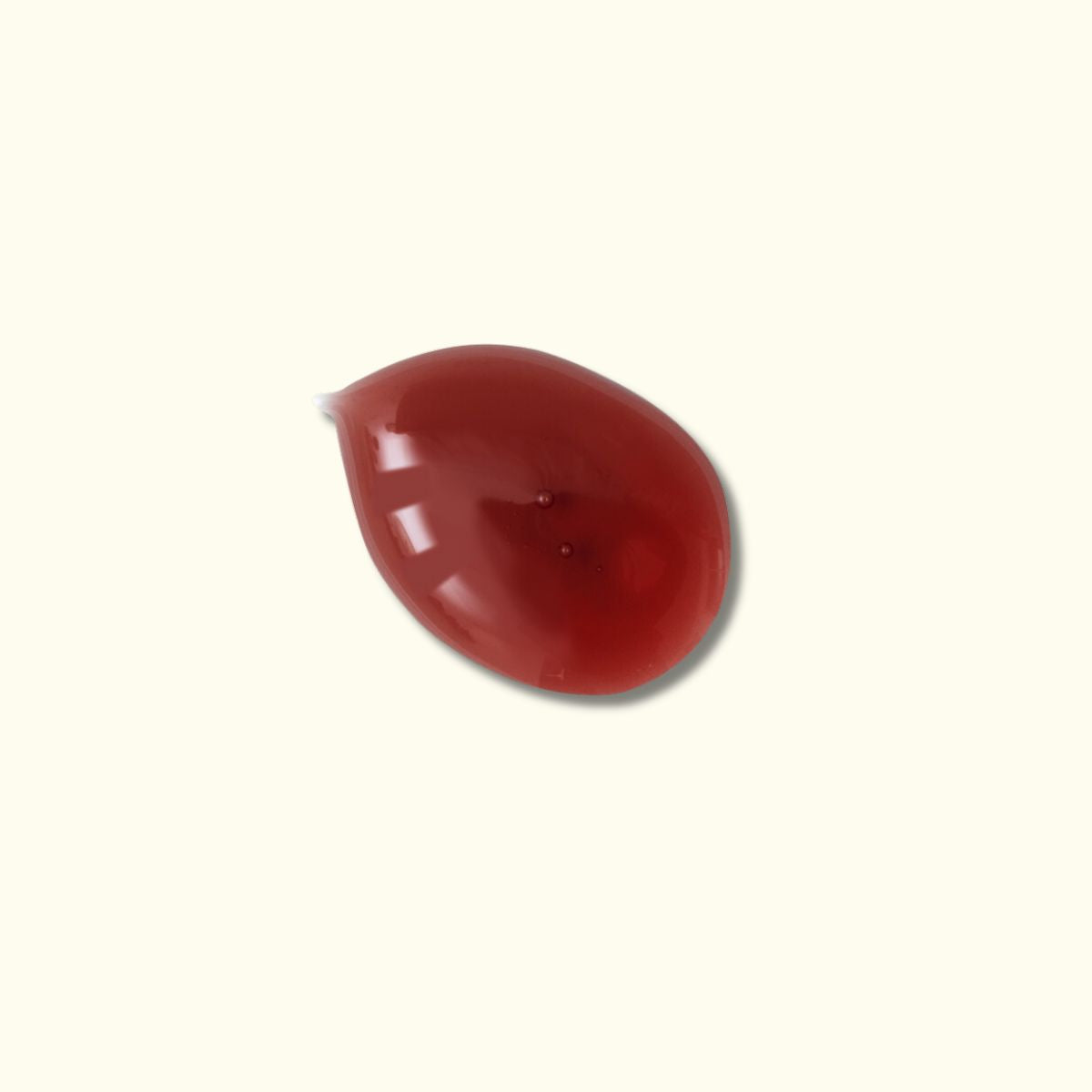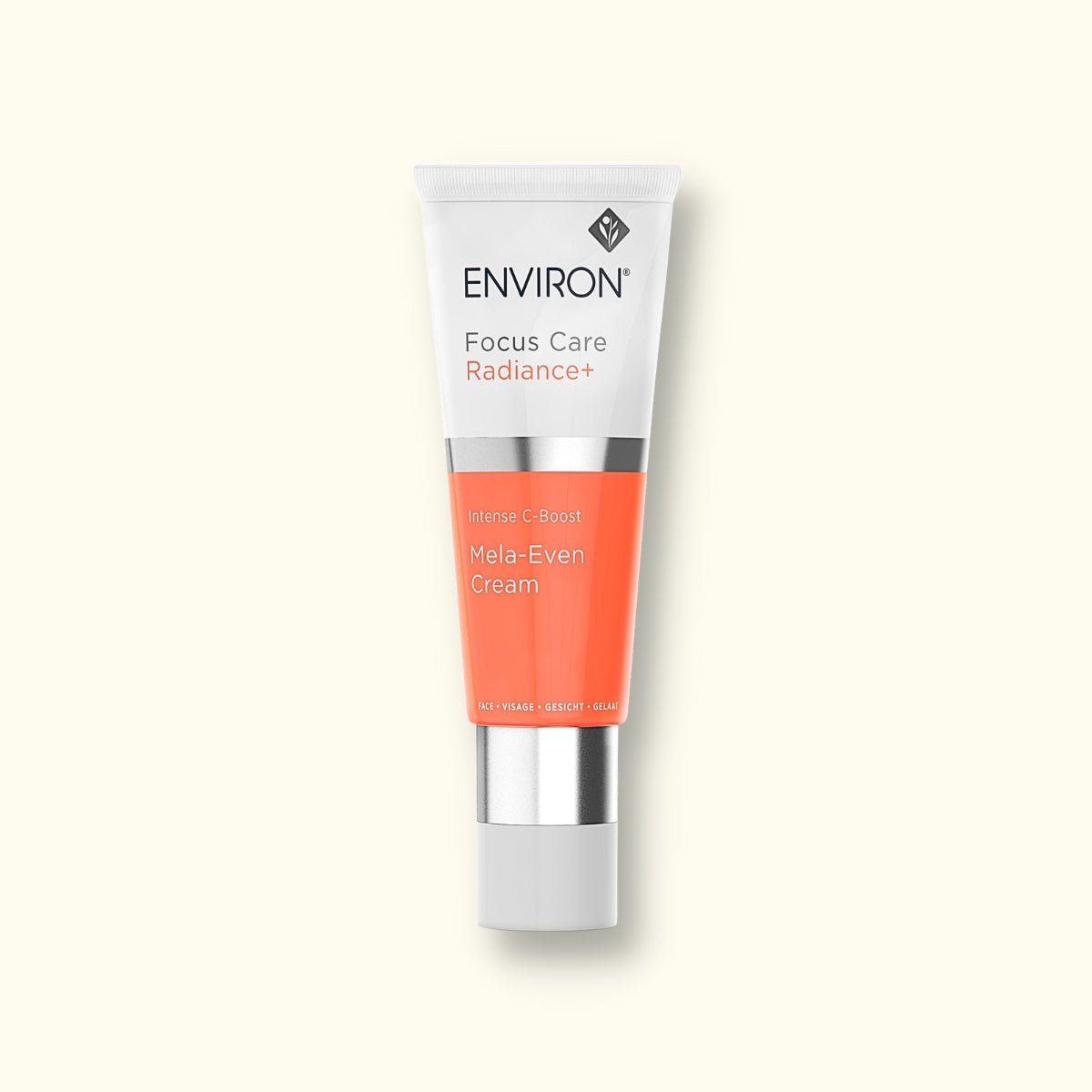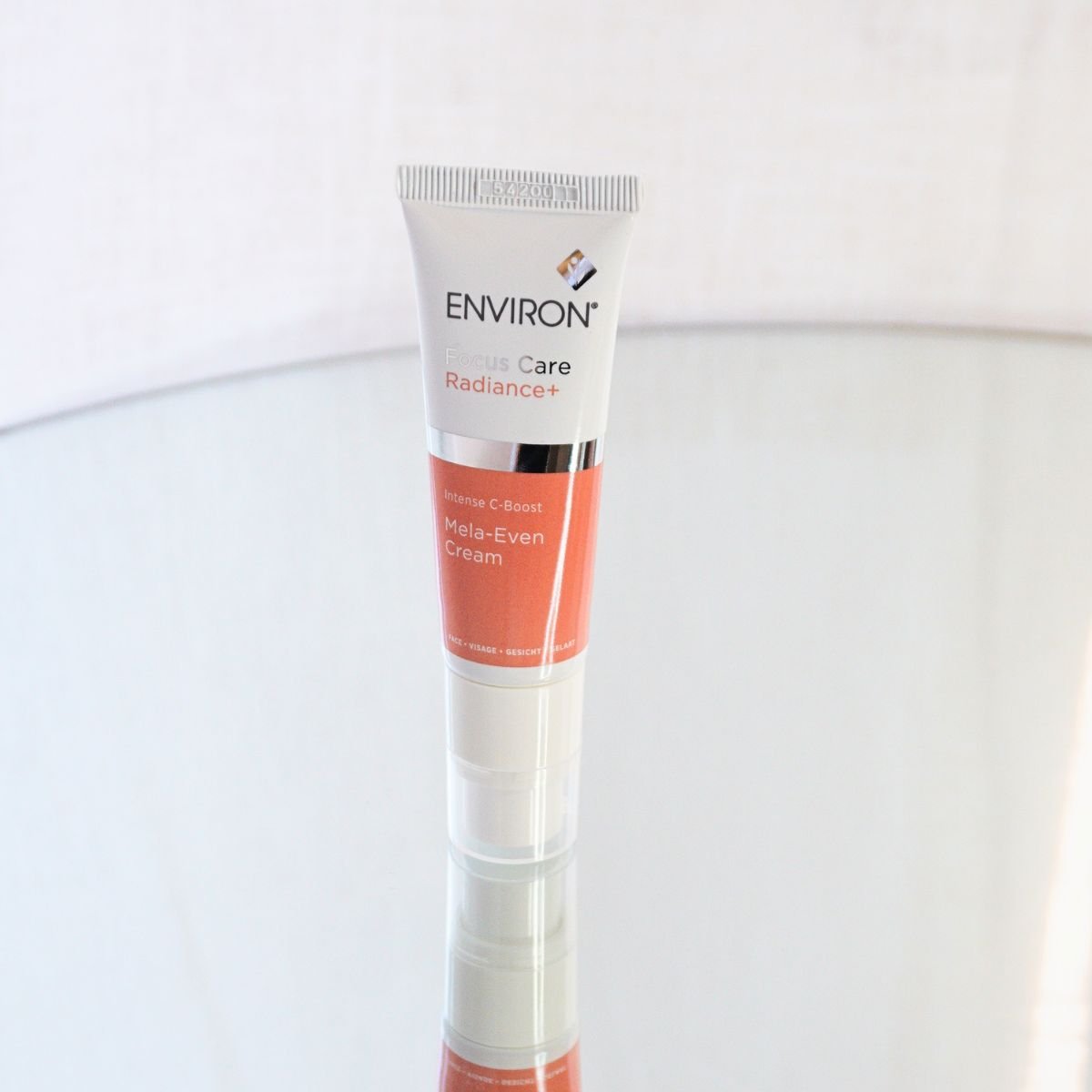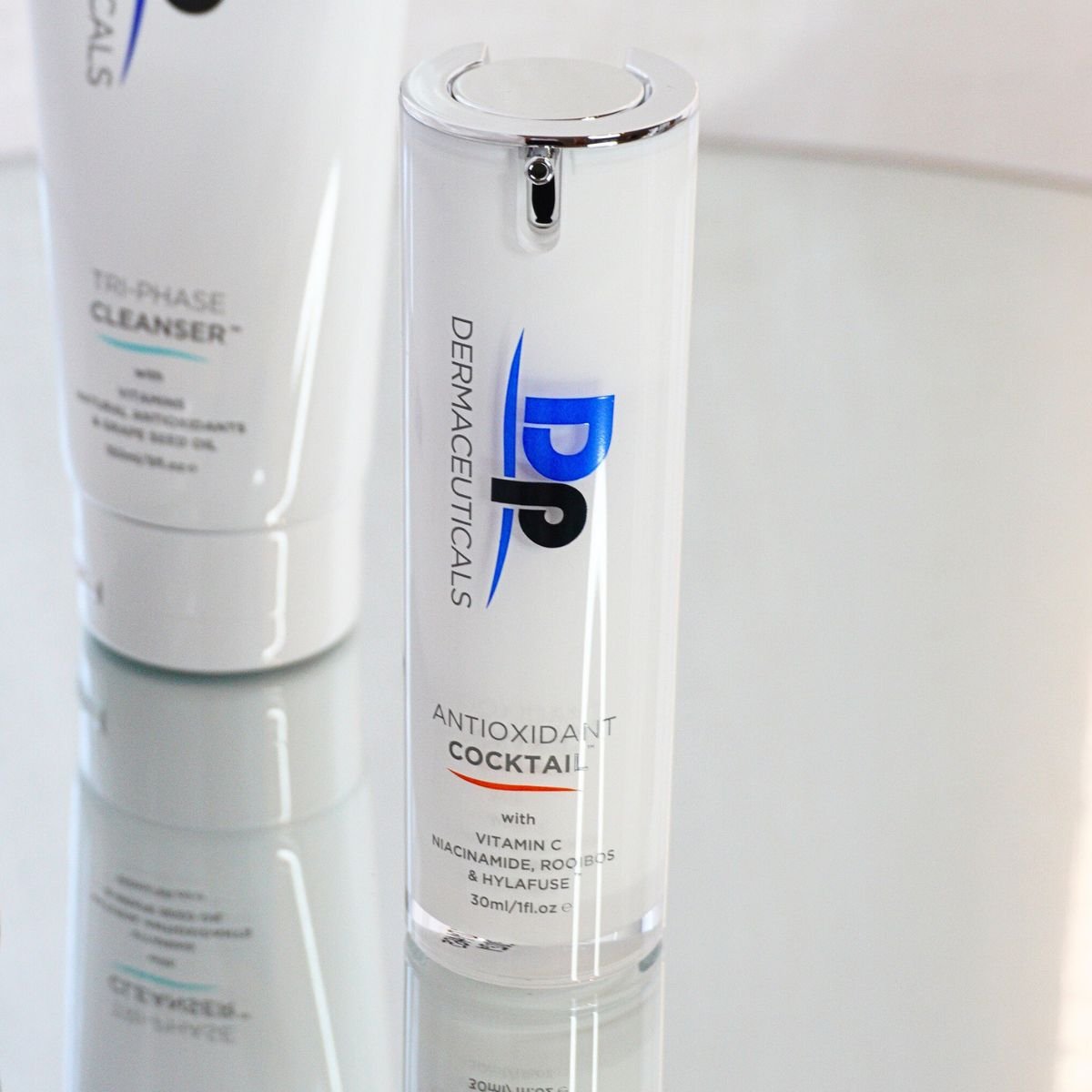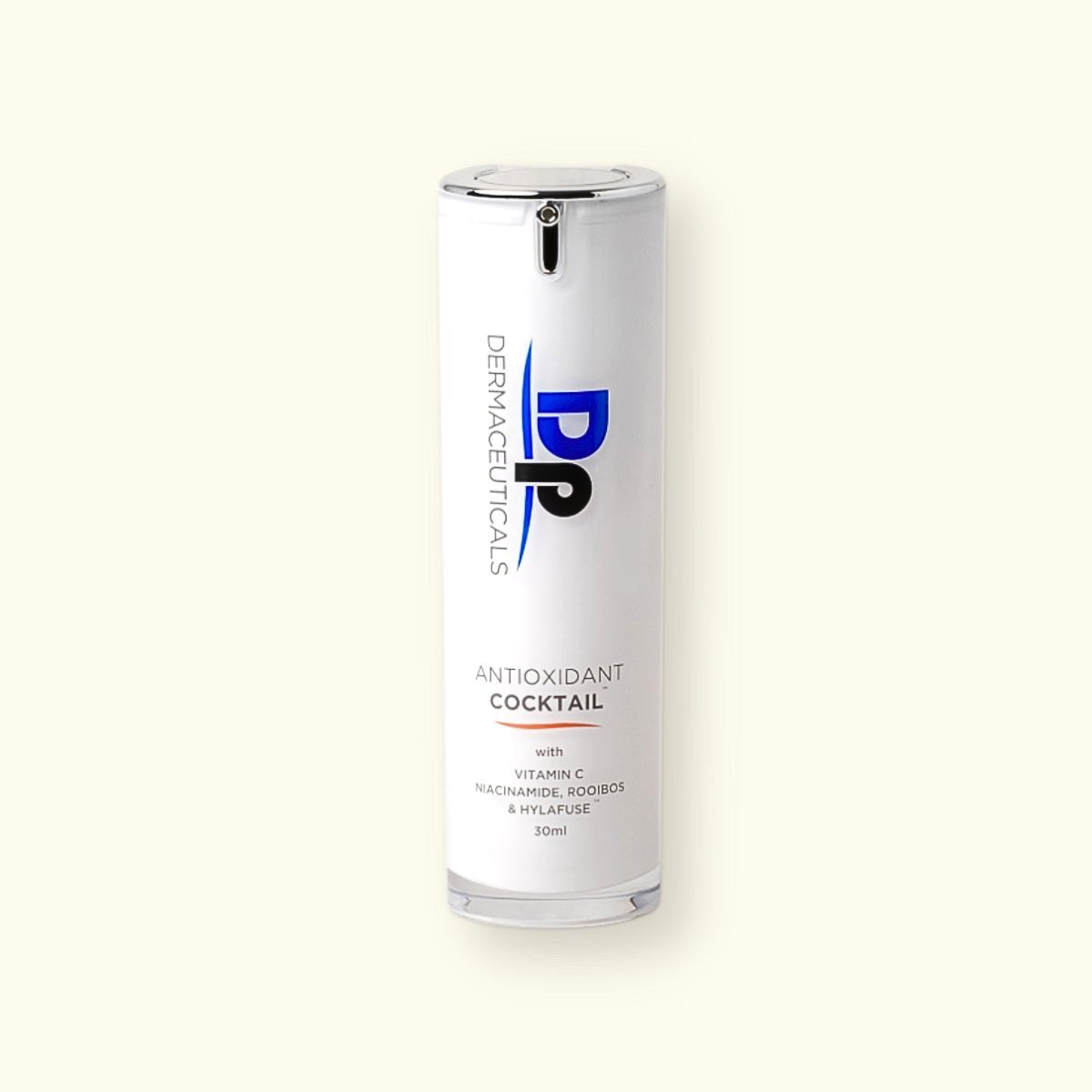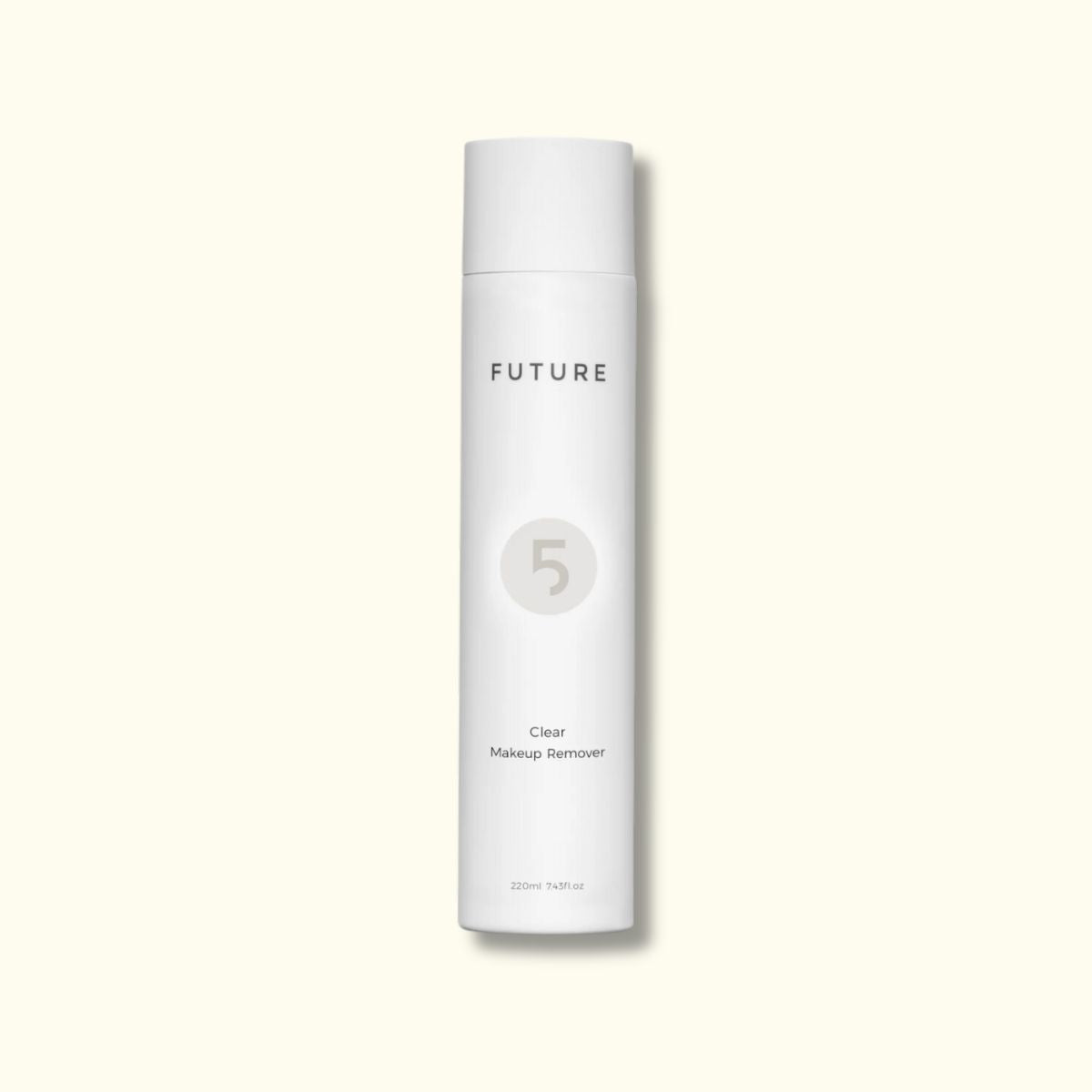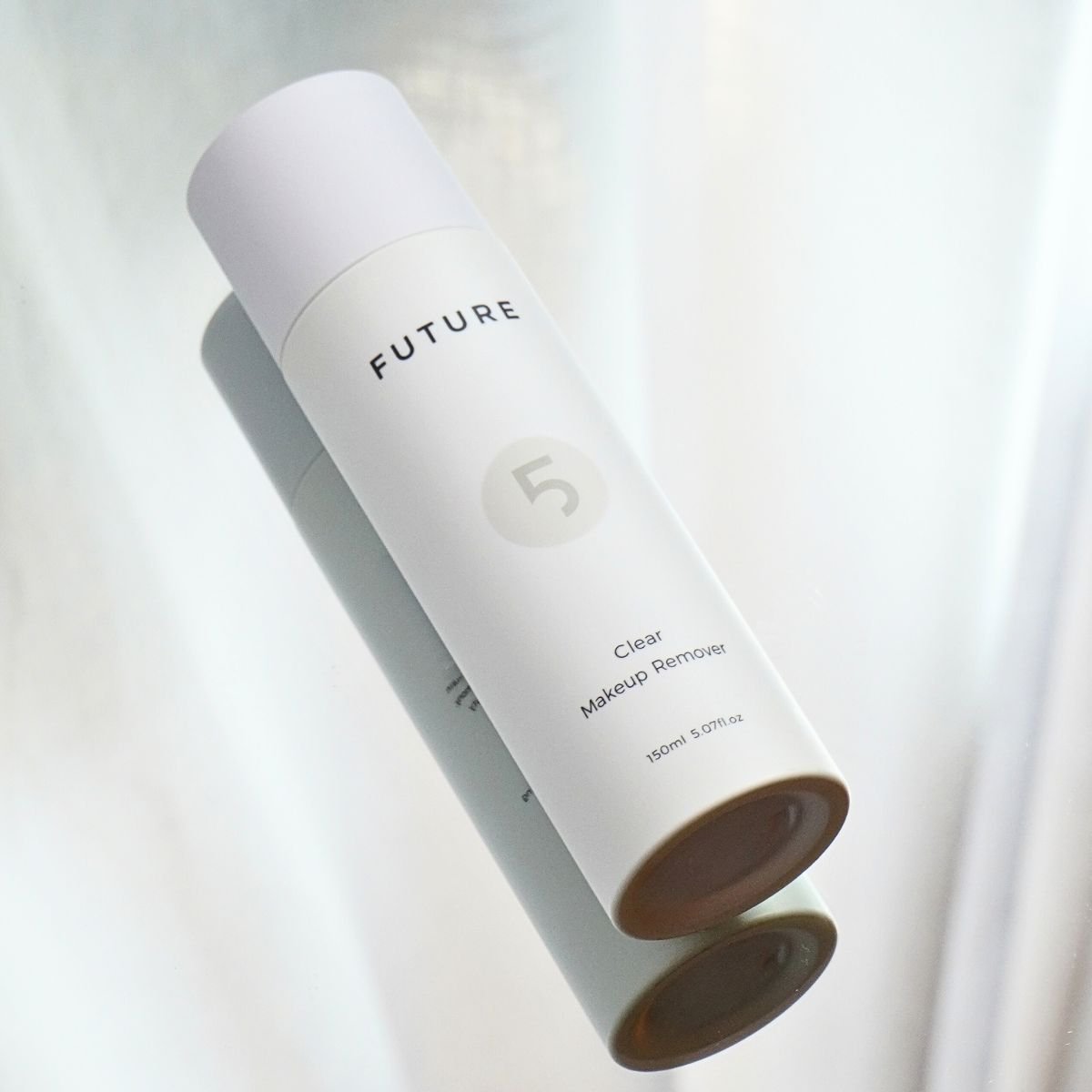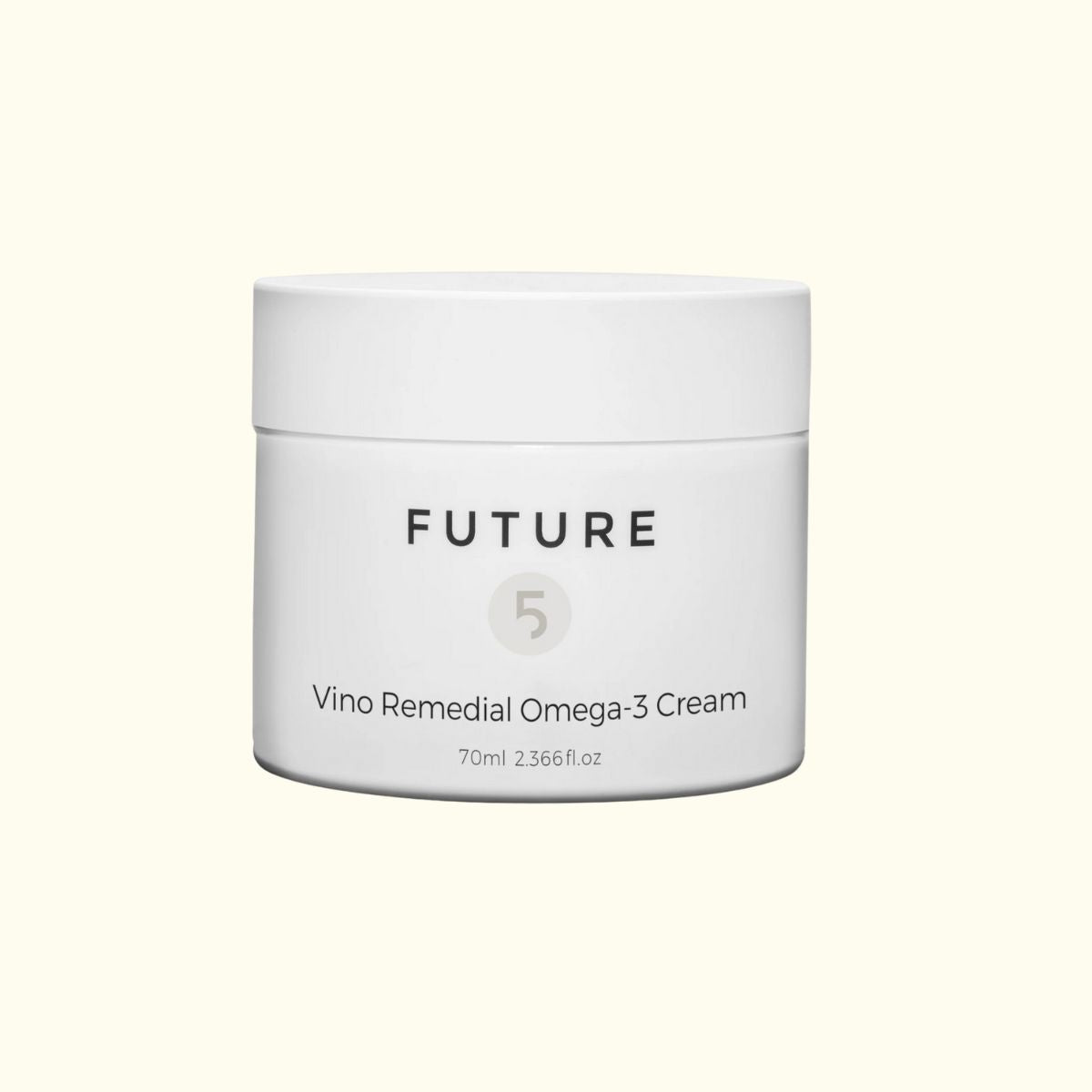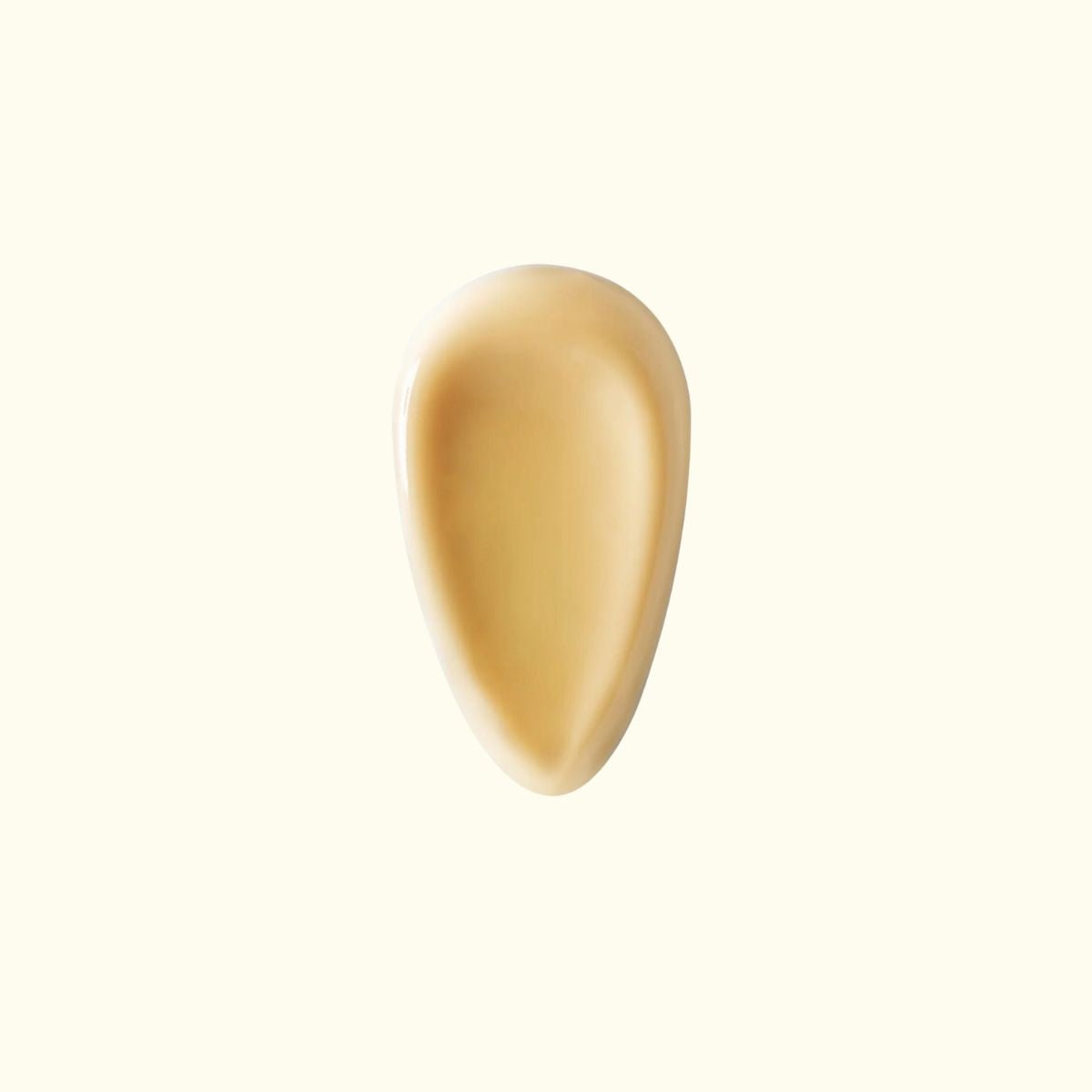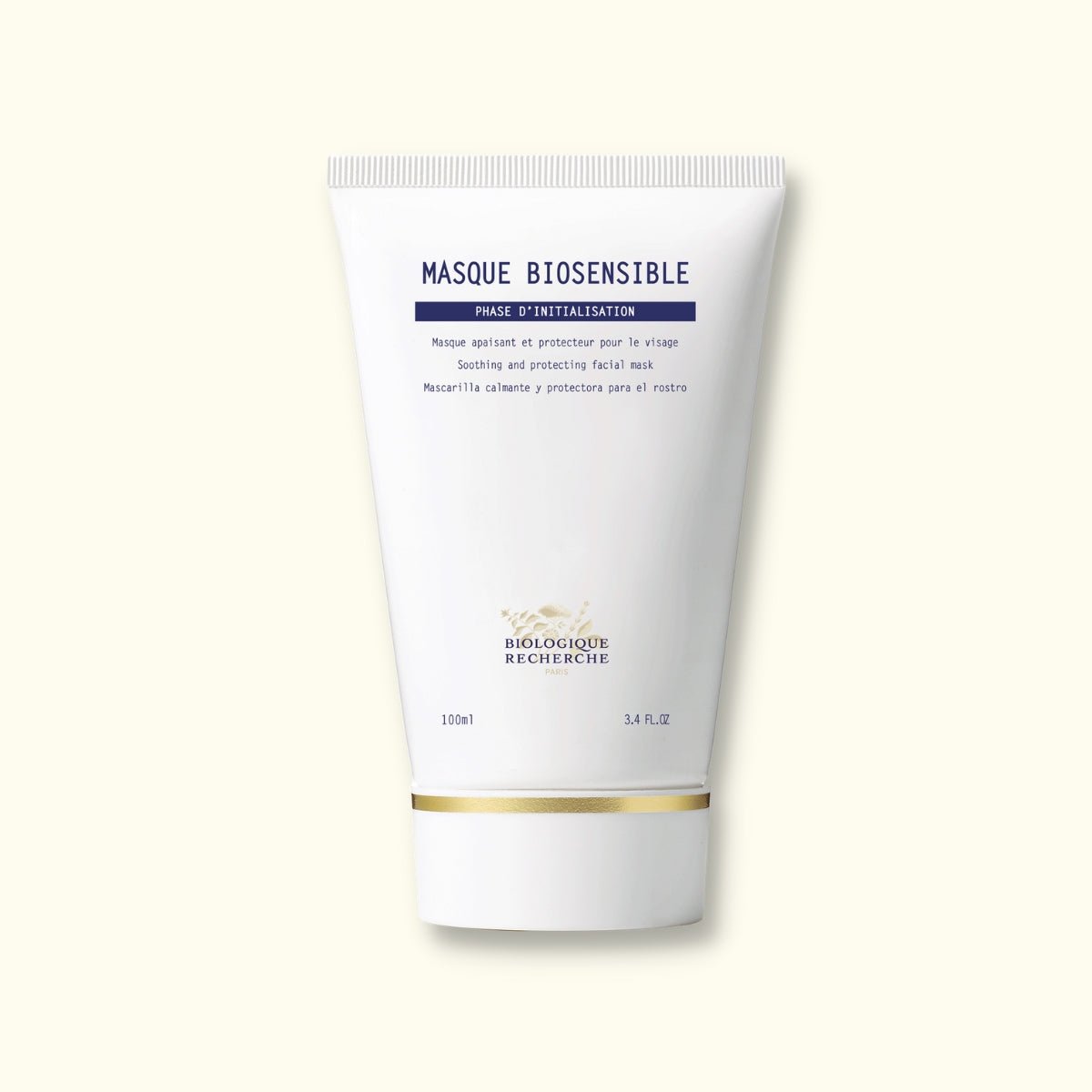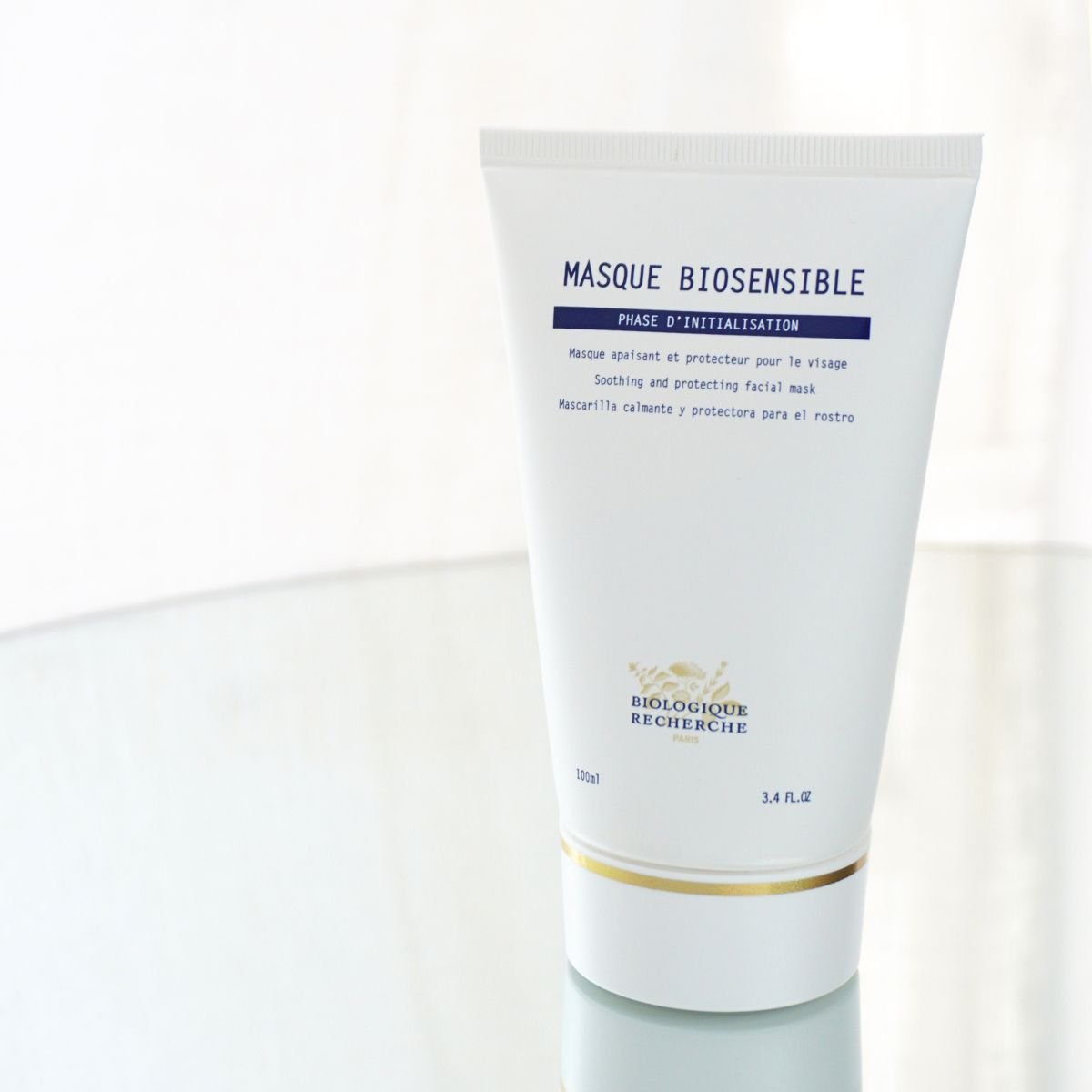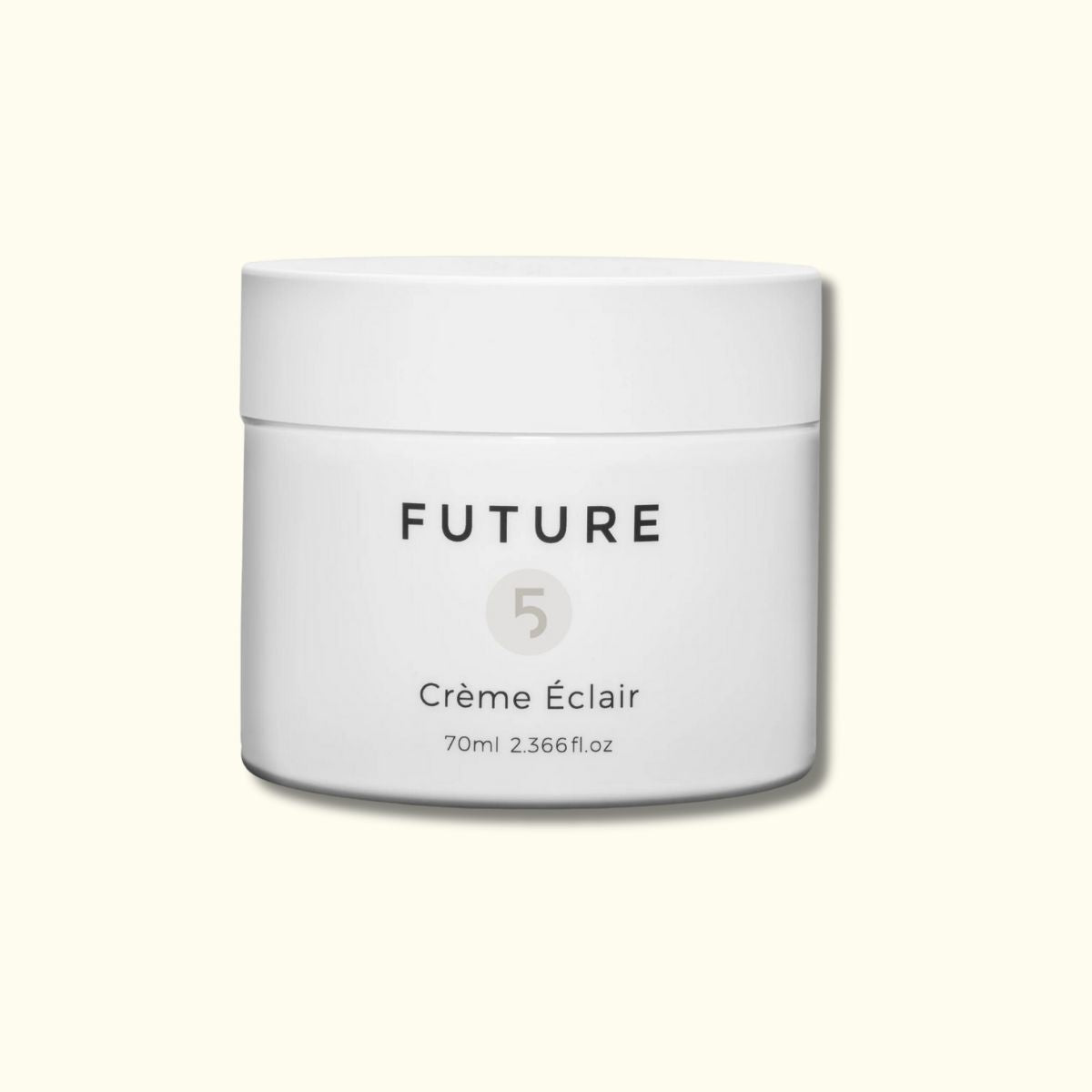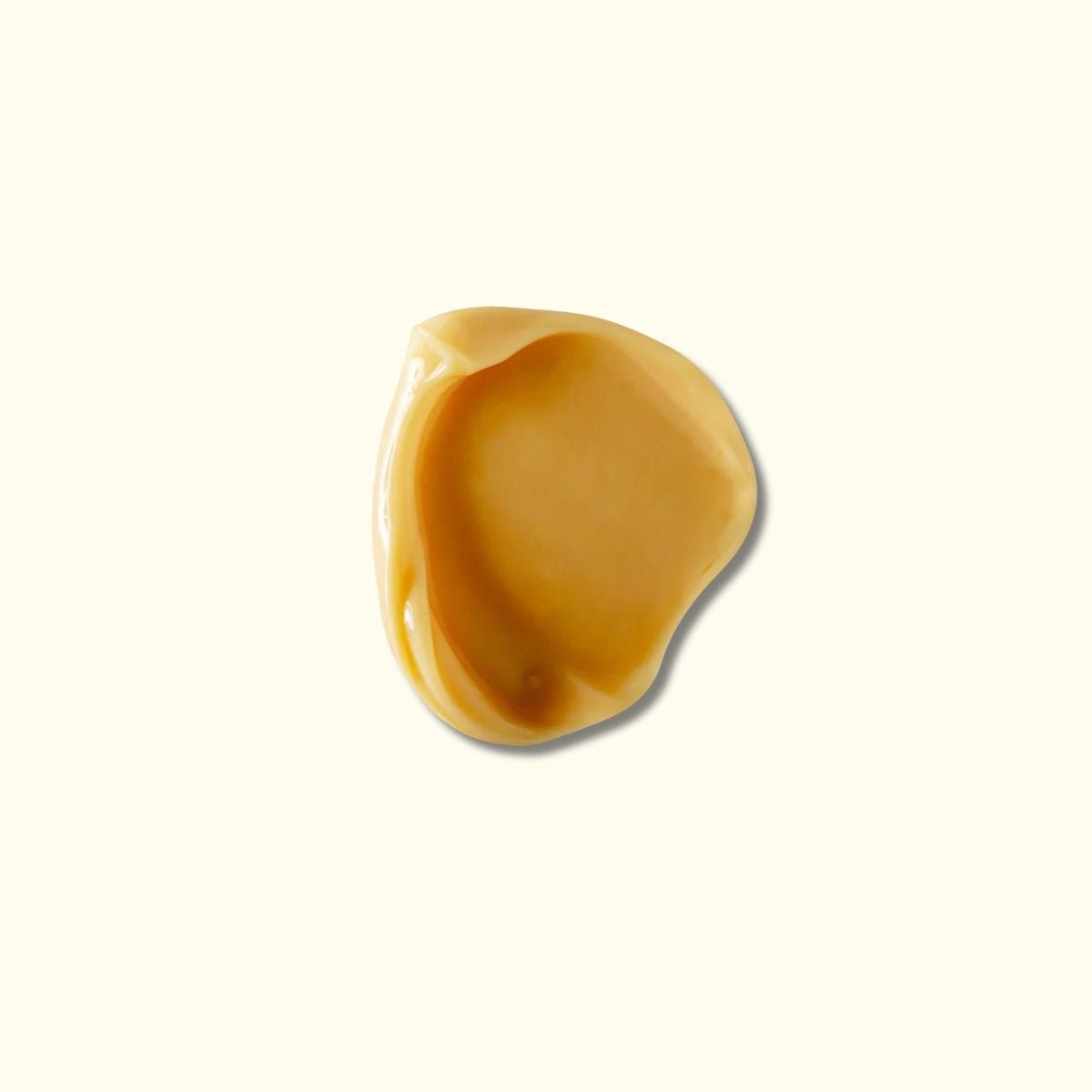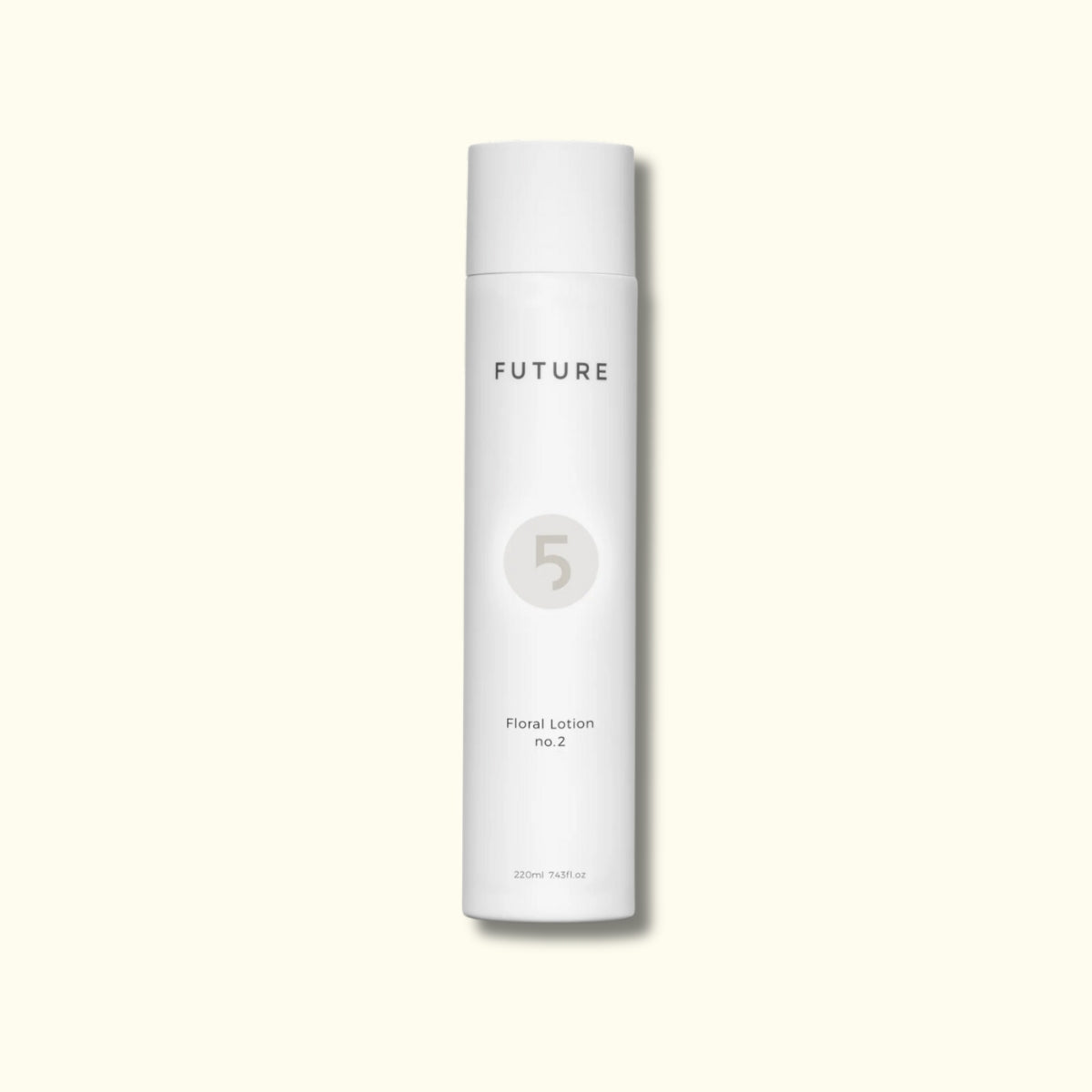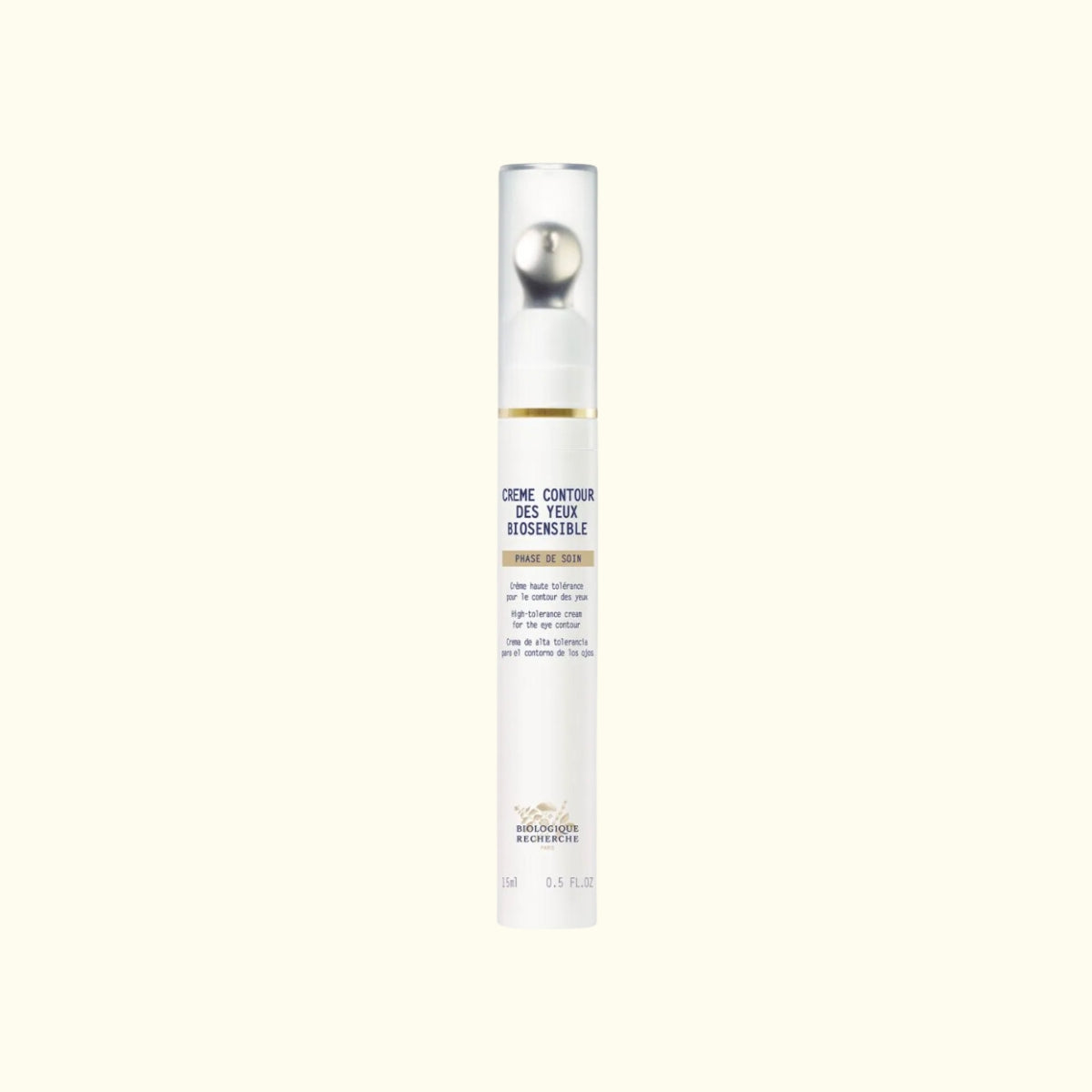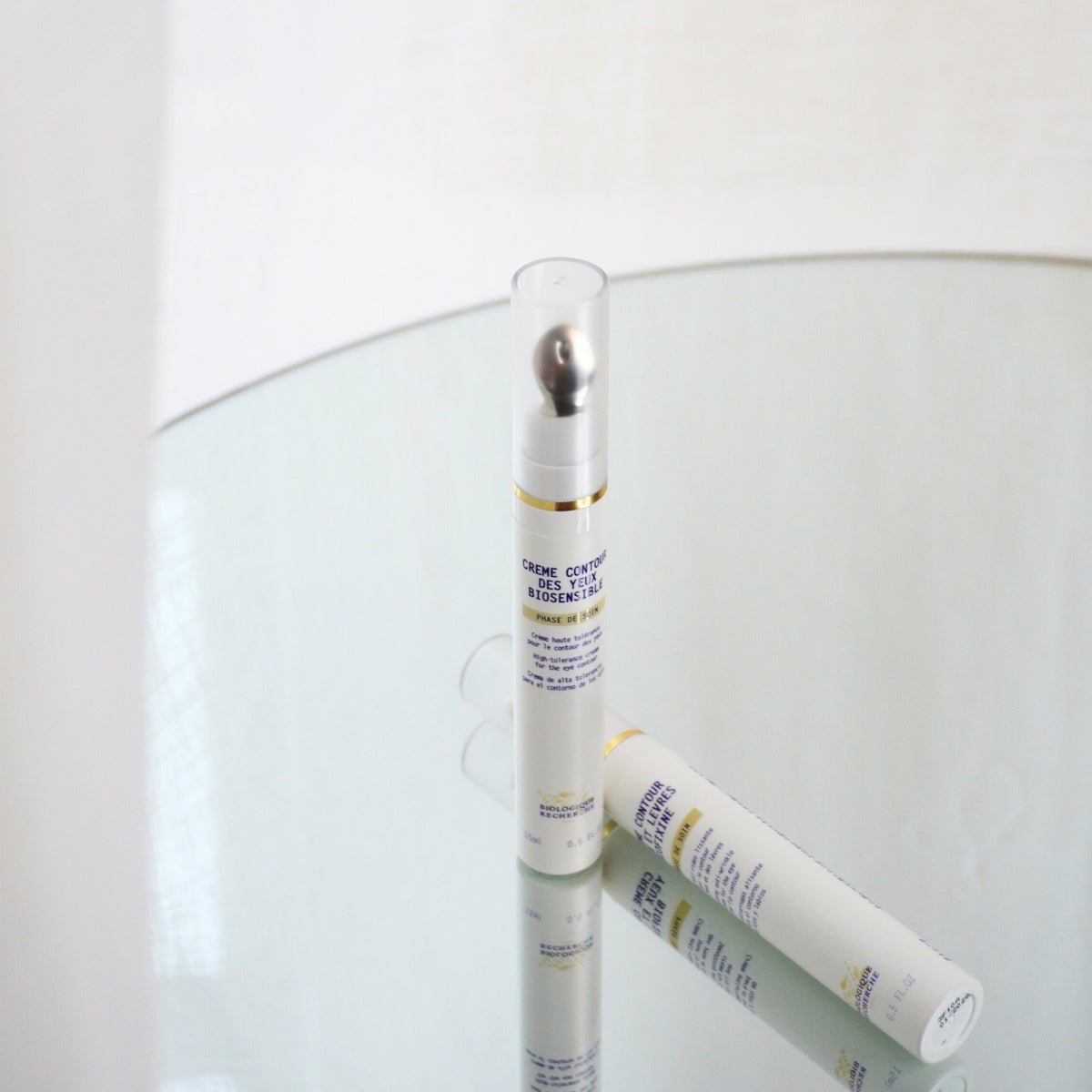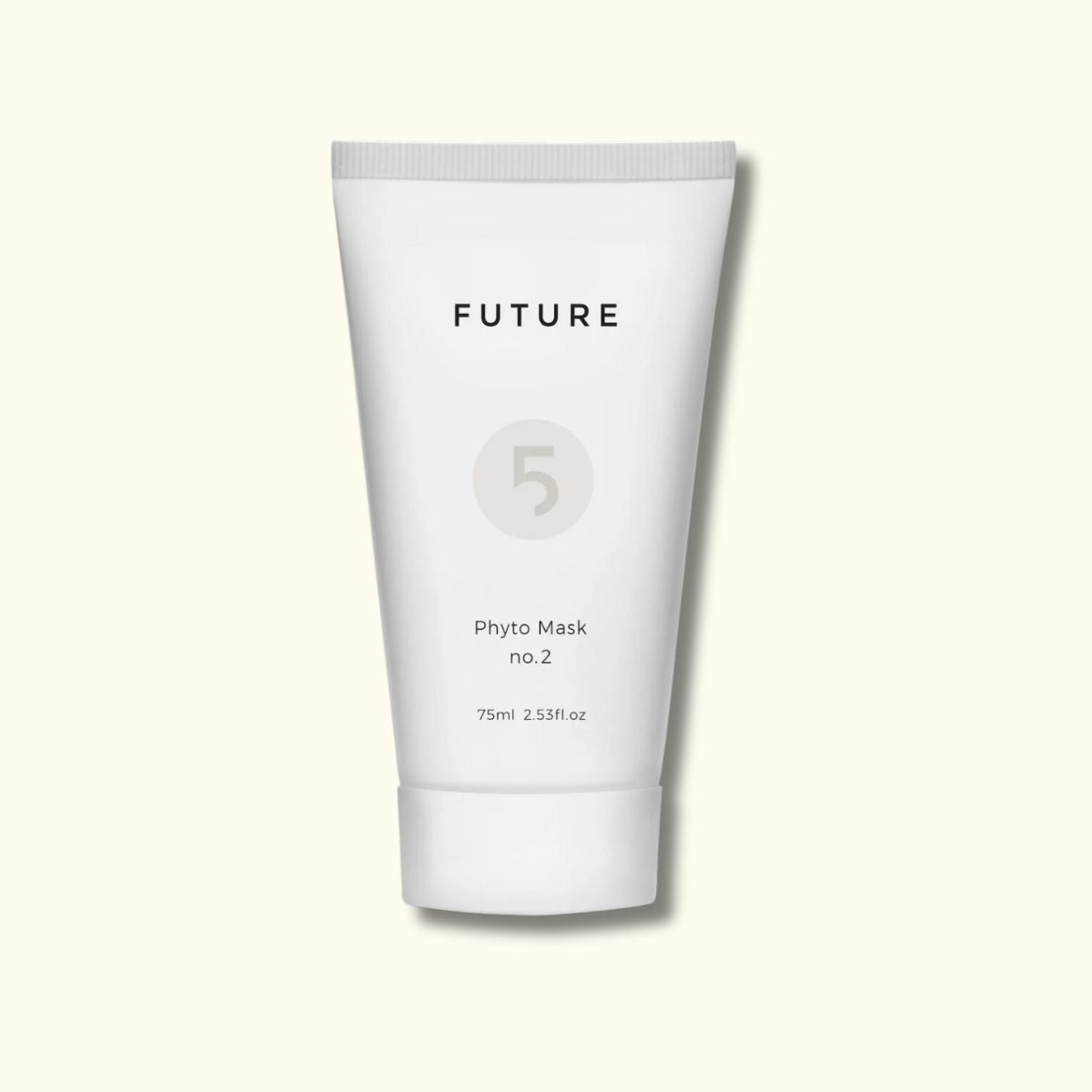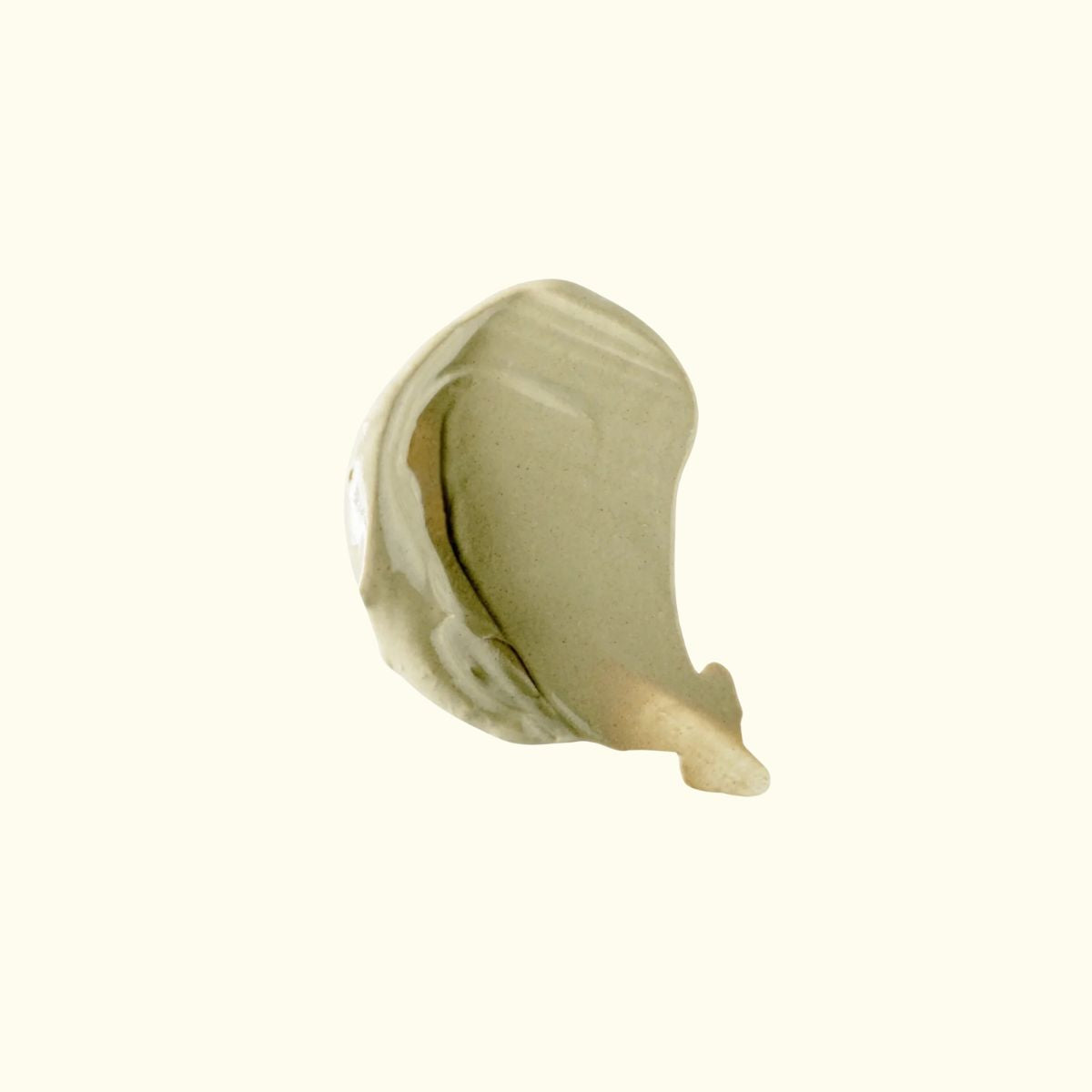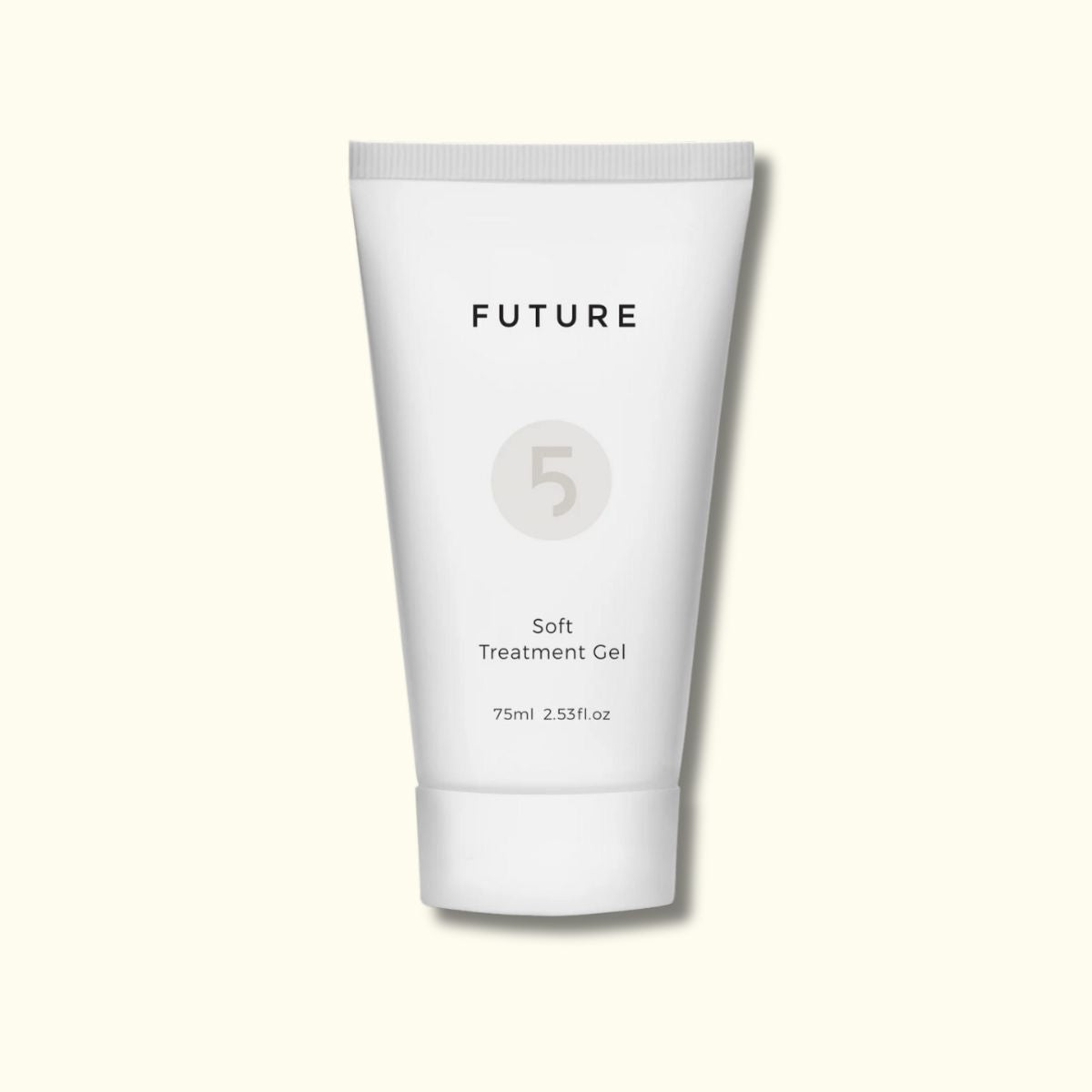Sensitive skin is a skin type that reacts more strongly than other skin types to both internal and external influences. People with sensitive skin often experience redness, irritation and a feeling of tightness, and it can be a challenge to find skin care products that don't worsen the symptoms.
Why Do Some People Experience Sensitive Skin?
Sensitive skin can occur for many reasons, from genetics and hormonal changes to external factors such as climate, pollution and the sun's rays. Even many products normally used in skin care can trigger reactions in people with delicate and sensitive skin. Another important factor is stress and lifestyle choices, which can also affect the skin and worsen sensitivity.
Rosacea, Sensitive Skin and Perioral Dermatitis – Different Skin Conditions with Similar Symptoms
Rosacea, sensitive skin and perioral dermatitis are three different skin conditions, but they can have similar symptoms such as redness and irritation. Here are the main differences:
- Rosaceais a chronic skin disease that typically manifests as persistent redness, visible blood vessels and small bumps on the face, especially on the nose, cheeks and forehead. This condition can be triggered by factors such as heat, stress, sunlight and certain foods. People with rosacea need to pay particular attention to how they care for their skin, as many products can worsen the condition.
- Sensitive skinis not a disease, but a skin type that reacts strongly to environmental factors or skin care products. This skin type can often show signs such as redness, itching or burning. The reactions are often temporary and can be triggered by everything from weather changes to chemical ingredients in cosmetics. When you have sensitive skin, it is important to choose gentle products and avoid potentially irritating ingredients.
- Perioral dermatitisis an inflammatory skin condition that appears as red, pimple-like rashes around the mouth and sometimes around the nose and eyes. This condition is often triggered by overuse of strong skin care products, especially steroid creams. Treatment of perioral dermatitis requires ceasing the use of harsh products and instead focusing on gentle, soothing skin care products.
Understanding the differences between these skin conditions is essential to choosing the right skin care and minimizing the risk of further irritation. Regardless of whether you have rosacea, sensitive skin or perioral dermatitis, you should prioritize soothing ingredients and avoid harsh, chemical ingredients that can worsen the symptoms.
How do you take care of sensitive skin in everyday life?
When you have sensitive skin, it is important to choose skin care products with soothing ingredients. Avoid harsh chemicals, perfumes and alcohol, which often irritate delicate and sensitive skin. A good skin care routine for sensitive skin should include mild, dermatologically tested products that are specially formulated to protect the skin and minimize the risk of irritation.
Choose Skincare for Sensitive Skin Wisely
Skin care for sensitive skin requires carefully selected products. When choosing products, look for those that contain soothing properties that can reduce redness and irritation. There are many products specially formulated to alleviate the challenges that sensitive skin faces.
Avoid Irritation and Inflammation in Sensitive Skin
Many people with sensitive skin also experience impure skin and inflammation. These conditions can be caused by external influences such as air pollution and the sun's rays, which stress the skin and increase the risk of irritation. To protect against this, your skin care routine should include a cream with a sun factor that protects both against the sun's rays and against free radicals.
How to reduce redness in sensitive skin?
One of the most common symptoms of sensitive skin is redness. Redness can be caused by many different factors, but soothing ingredients like chamomile, aloe vera and oat extract can help reduce this feeling of heat and discomfort in the skin. These ingredients give the skin a soothing effect, which is particularly beneficial for sensitive skin.
Which Products Should You Use for Sensitive Skin?
The choice of products for sensitive skin depends on your individual skin type. Dry skin requires extra moisture, while oily skin may need light, oil-free products. To minimize the risk of allergic reactions, you should choose dermatologically tested products that have been specially developed to be gentle. Always remember to test new products on a small area of the skin first.
Can Anti Age Products Be Used on Sensitive Skin?
Yes, there are anti-aging products that are gentle enough for sensitive skin. Anti-aging ingredients such as hyaluronic acid and ceramides can help keep skin hydrated and elasticity high without irritating the skin. However, it is important to avoid strong acids and retinol, as they can often worsen sensitivity.
How to create a skincare routine for sensitive skin with a clear conscience
An effective skin care routine for sensitive skin does not need to consist of many products. Choose a few carefully selected products that support your skin's needs and minimize the risk of allergic reactions. A simple routine that cleanses, moisturizes and protects from the sun is often enough to keep skin healthy and free of irritation.
How can you protect sensitive skin against external influences?
Sensitive skin is particularly vulnerable to external influences, including wind, cold and the sun's rays. To protect the skin, it is important to use a cream with SPF, even in winter.



